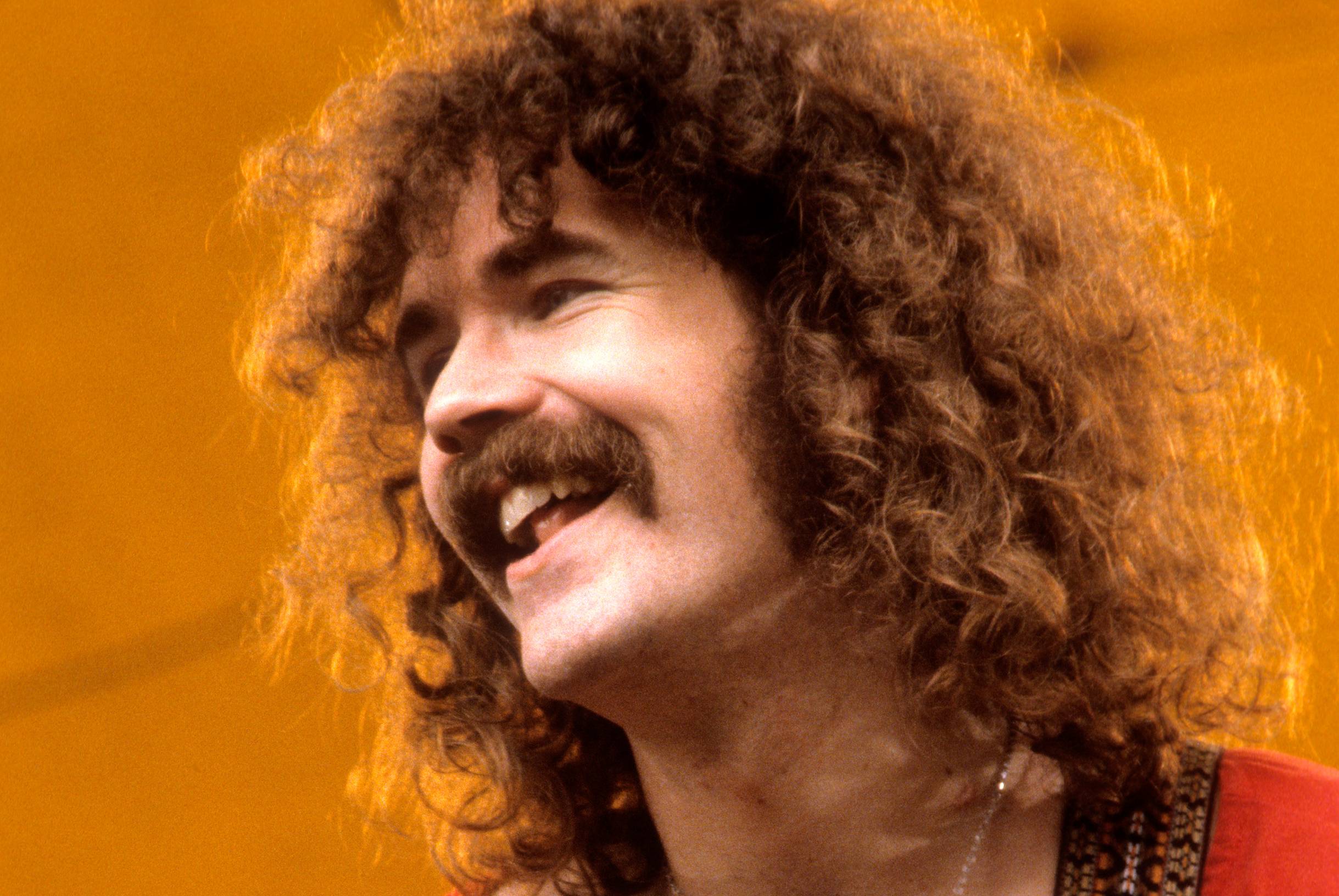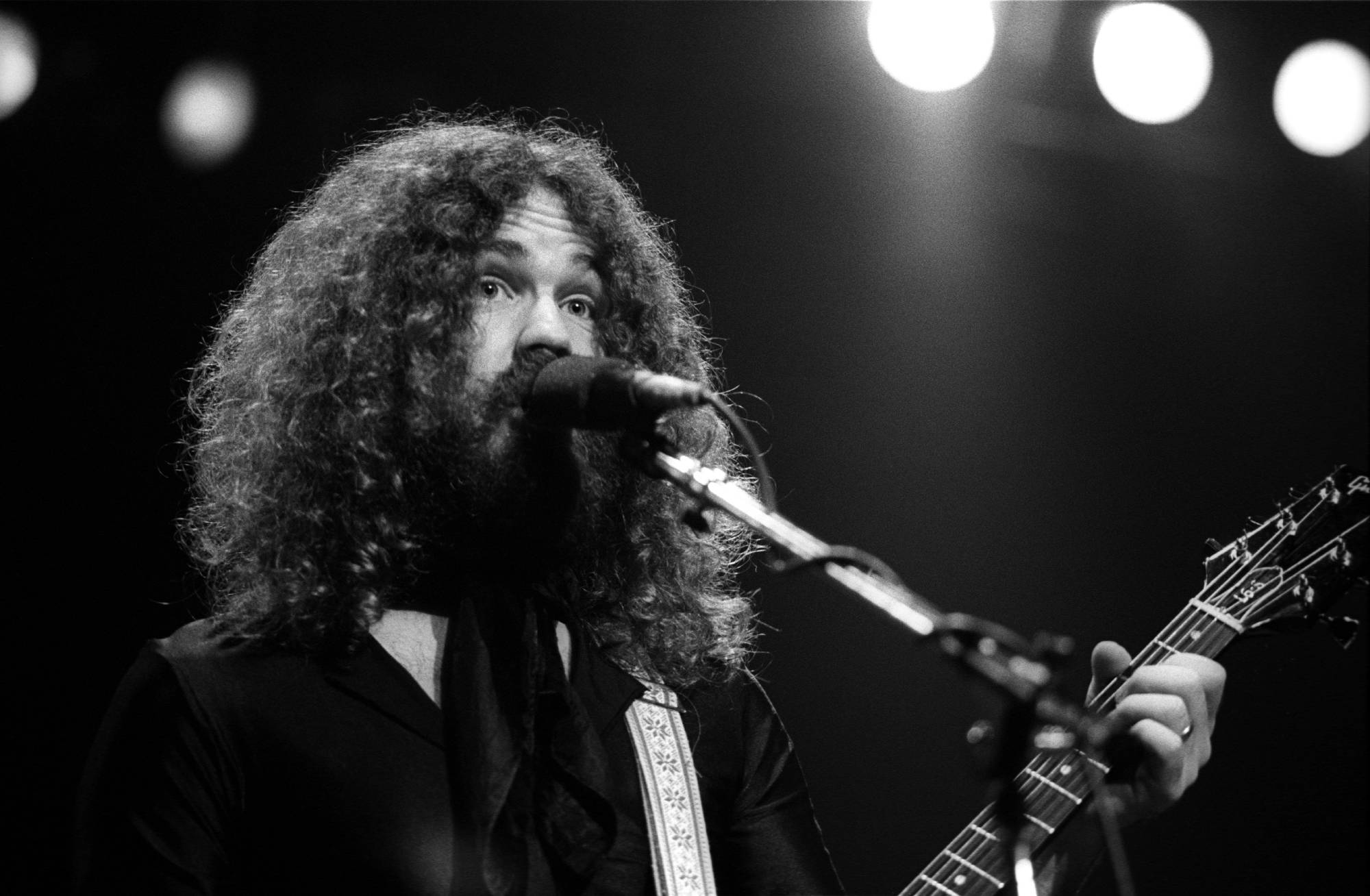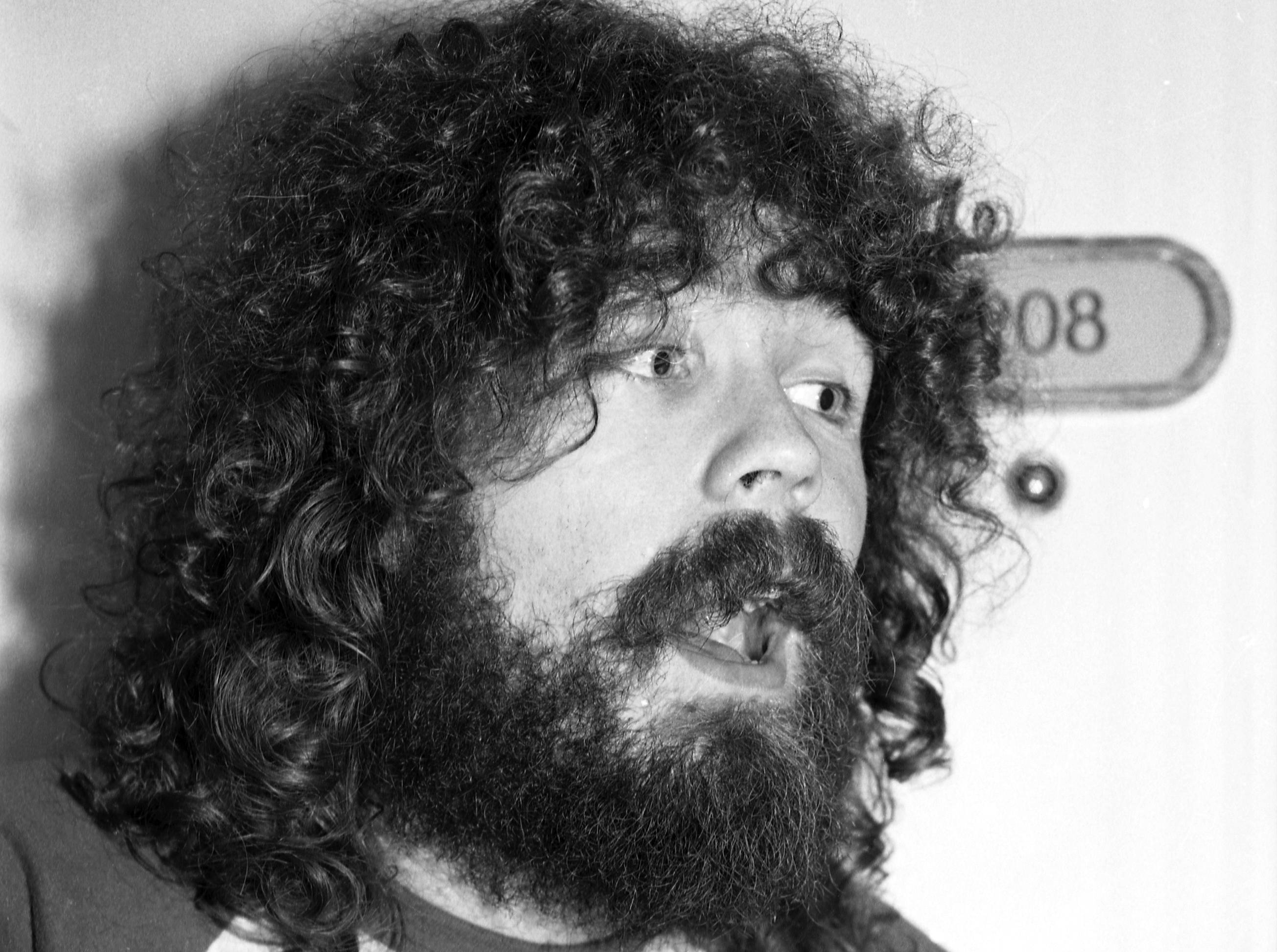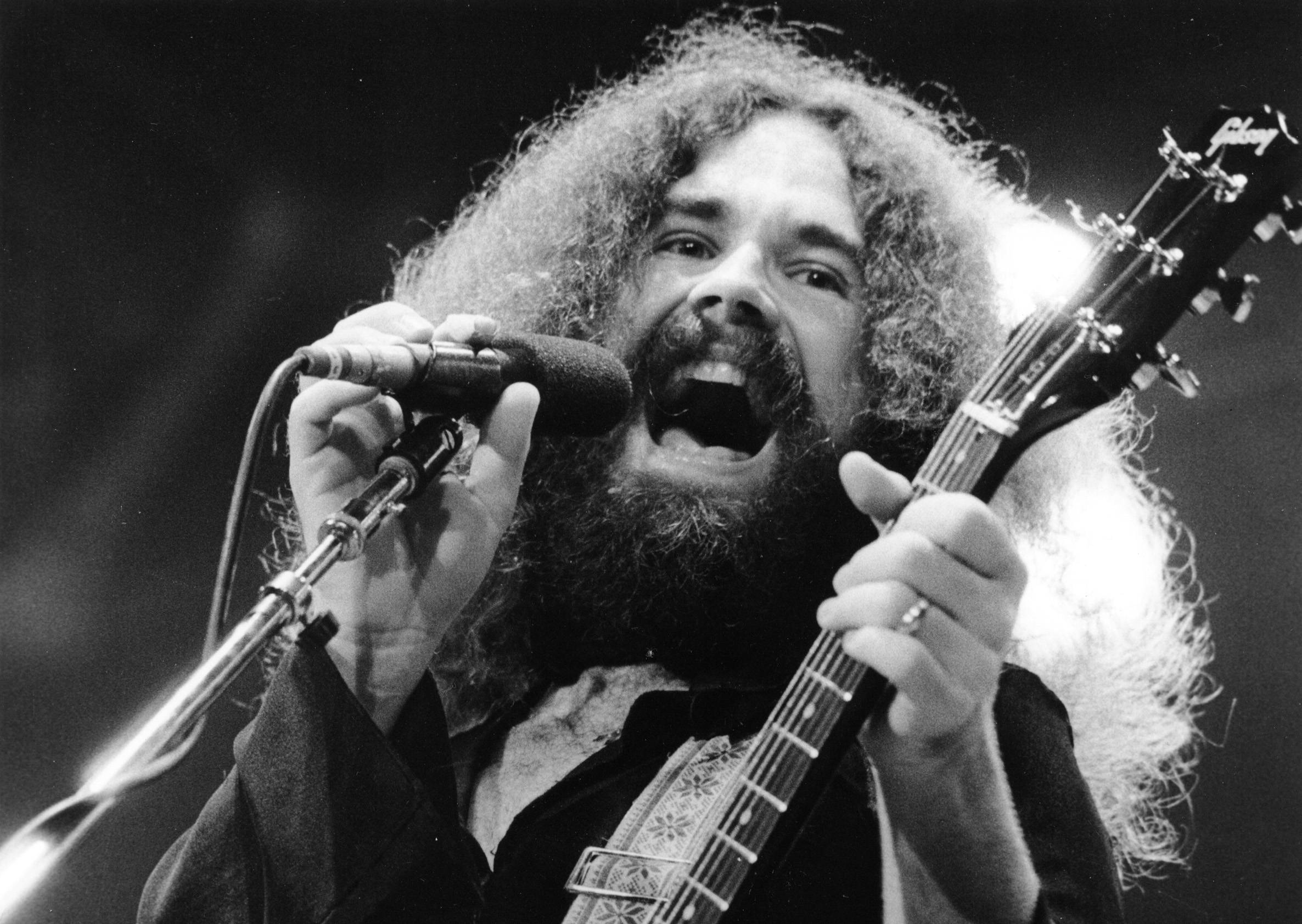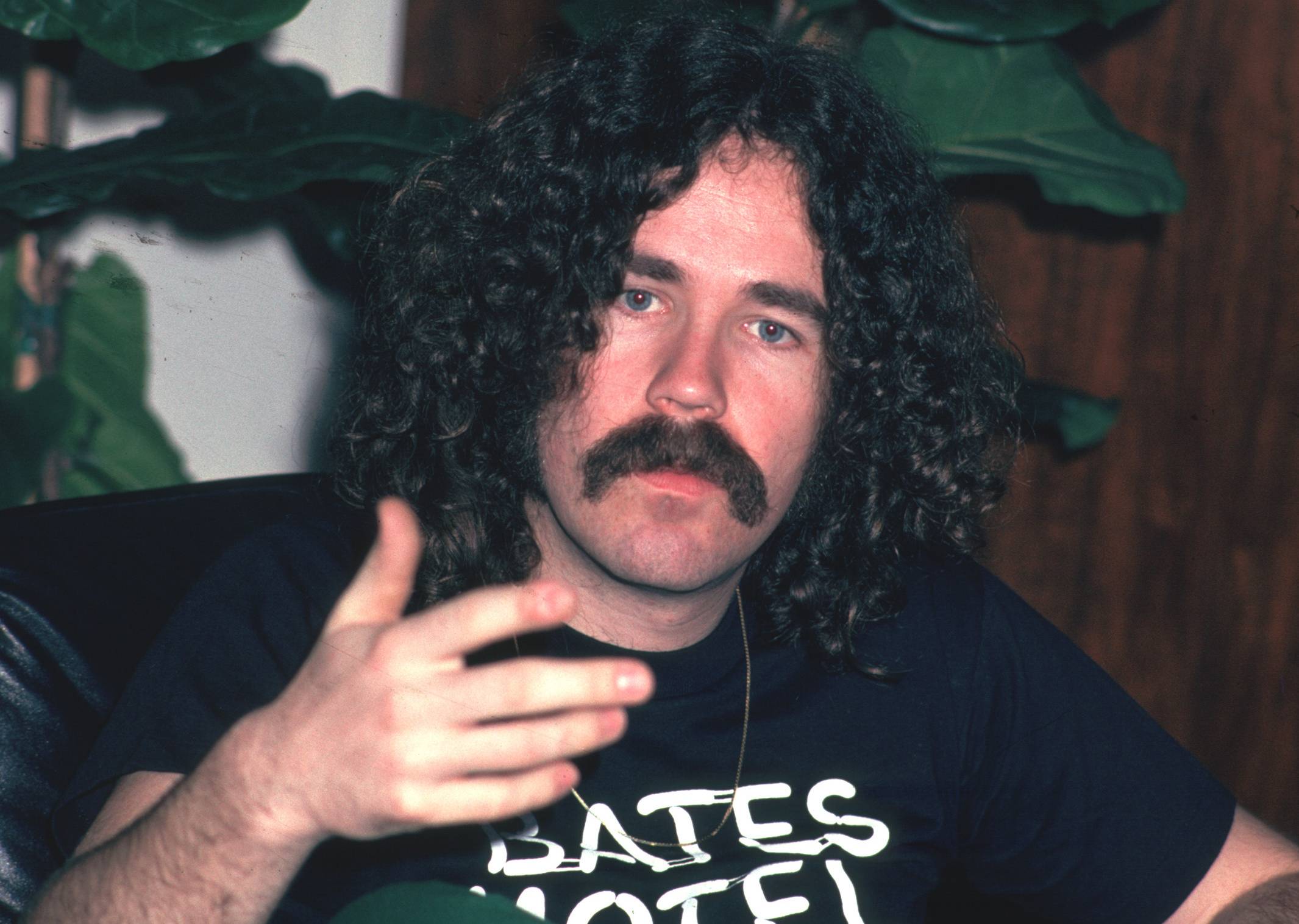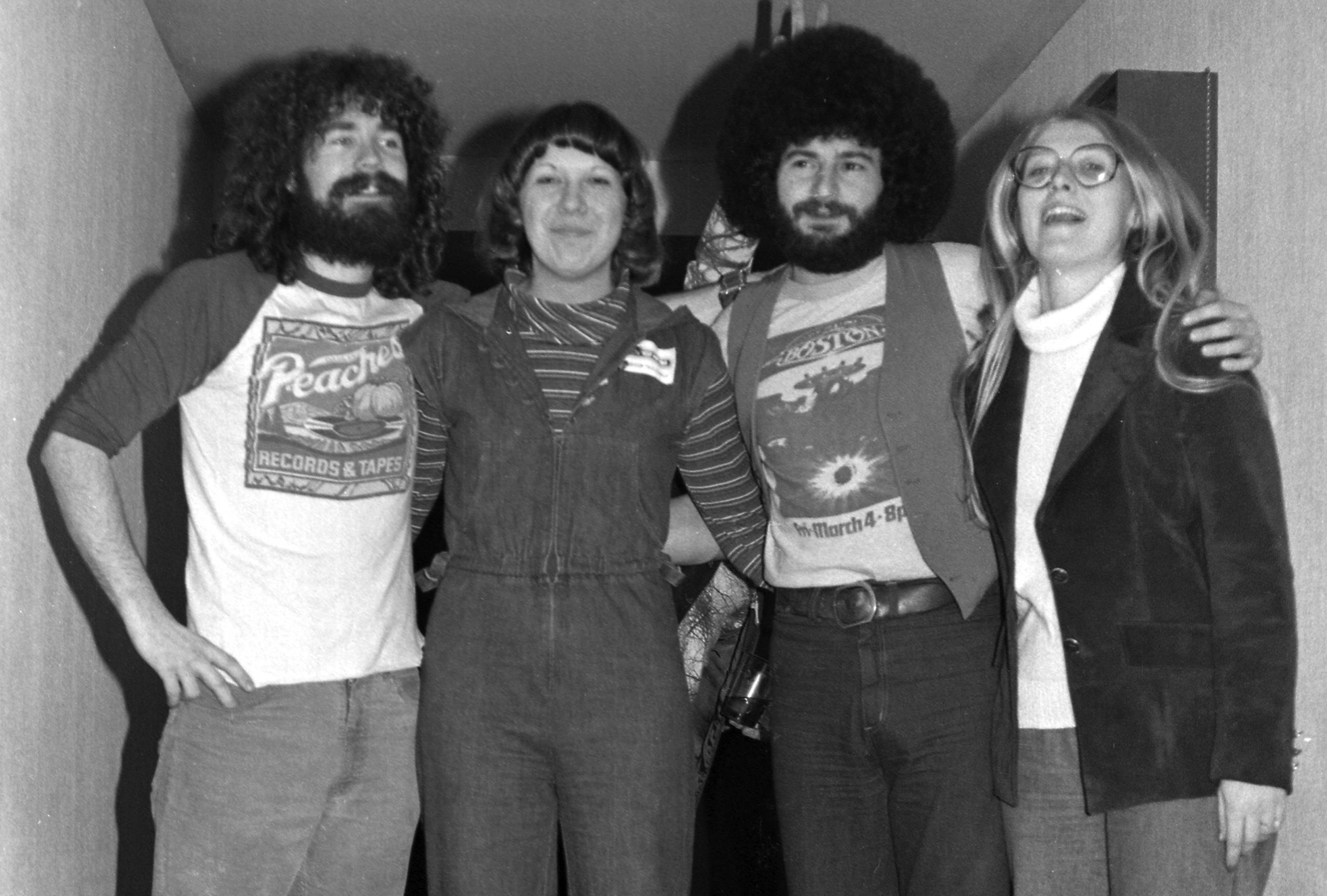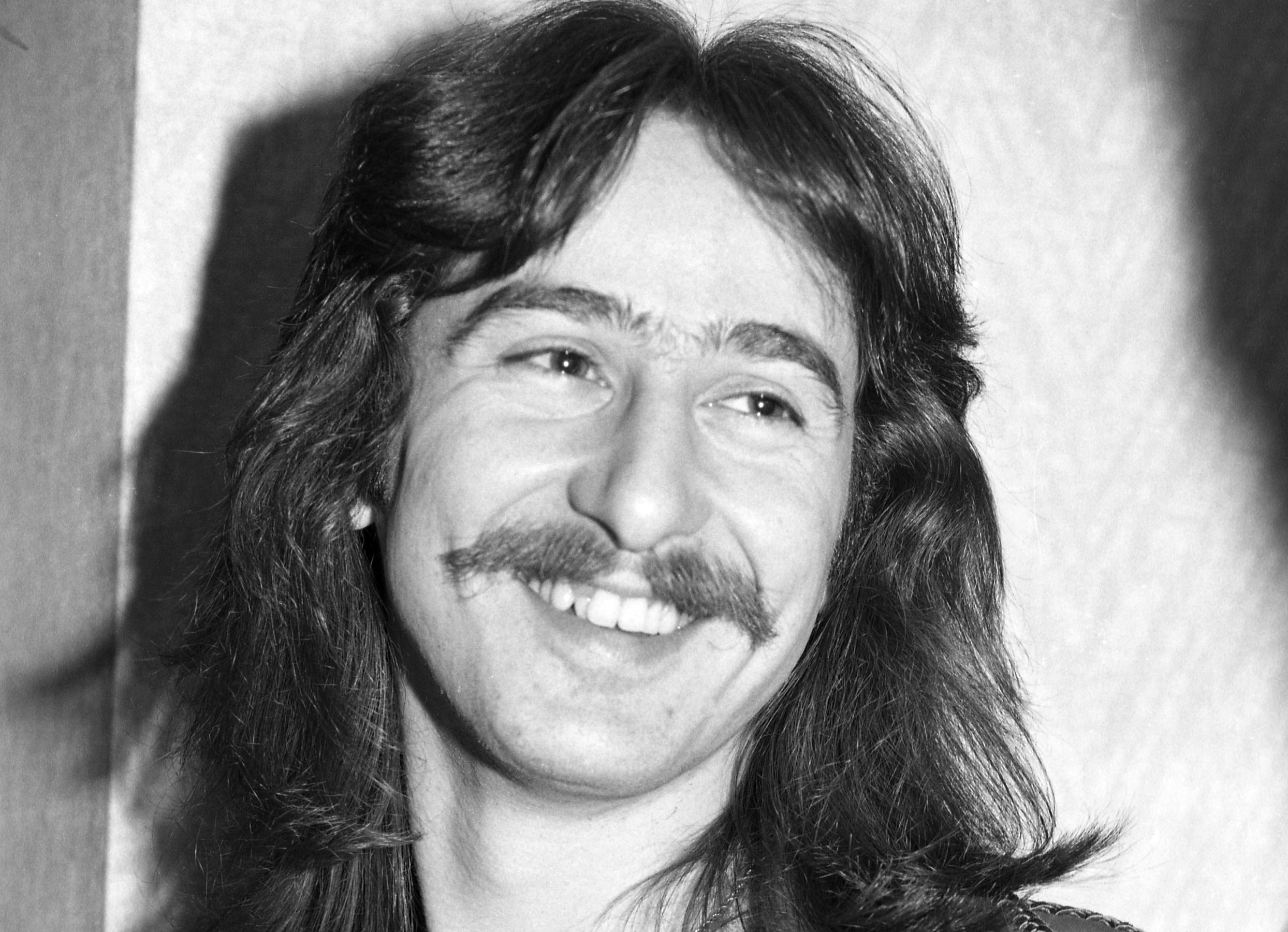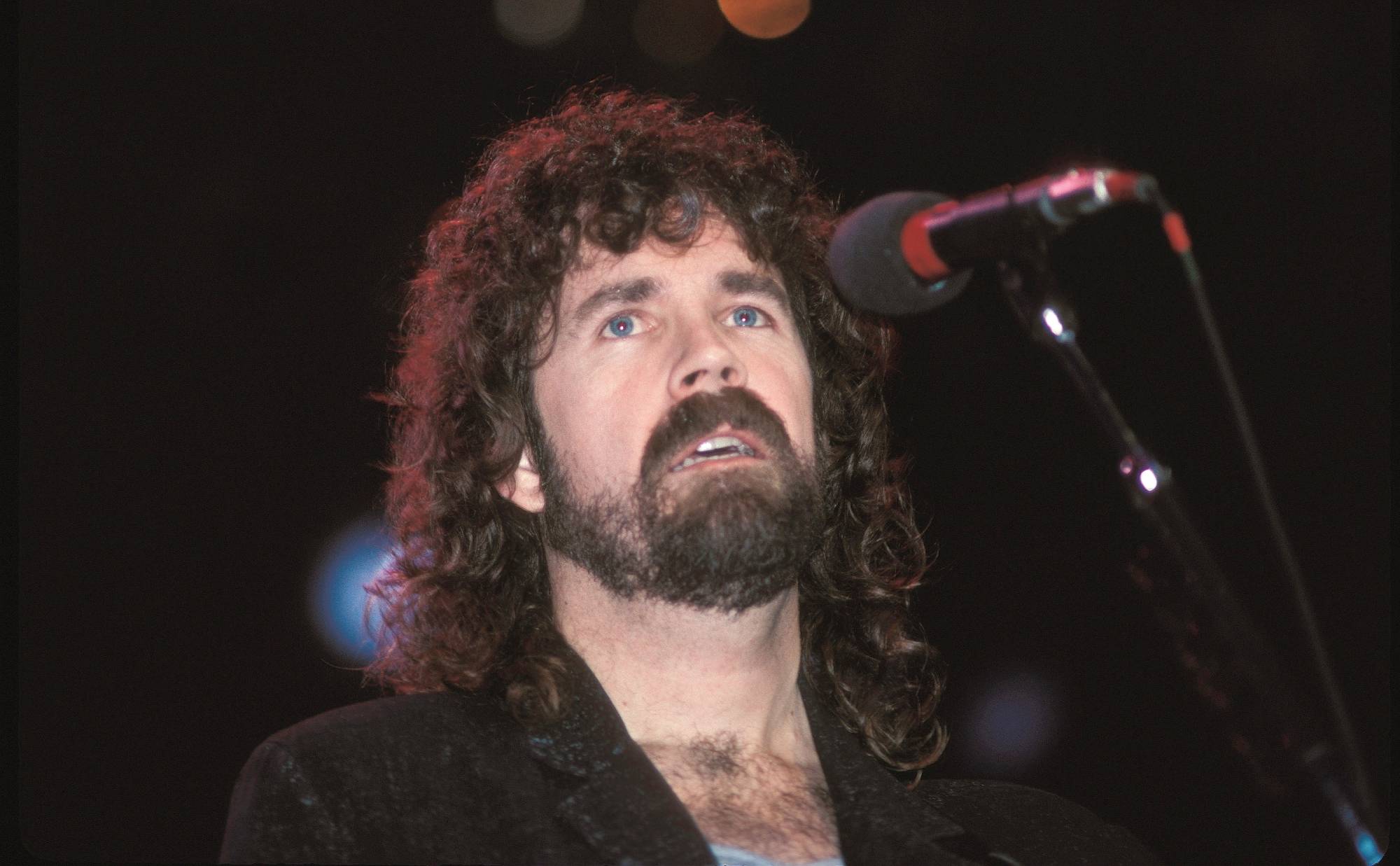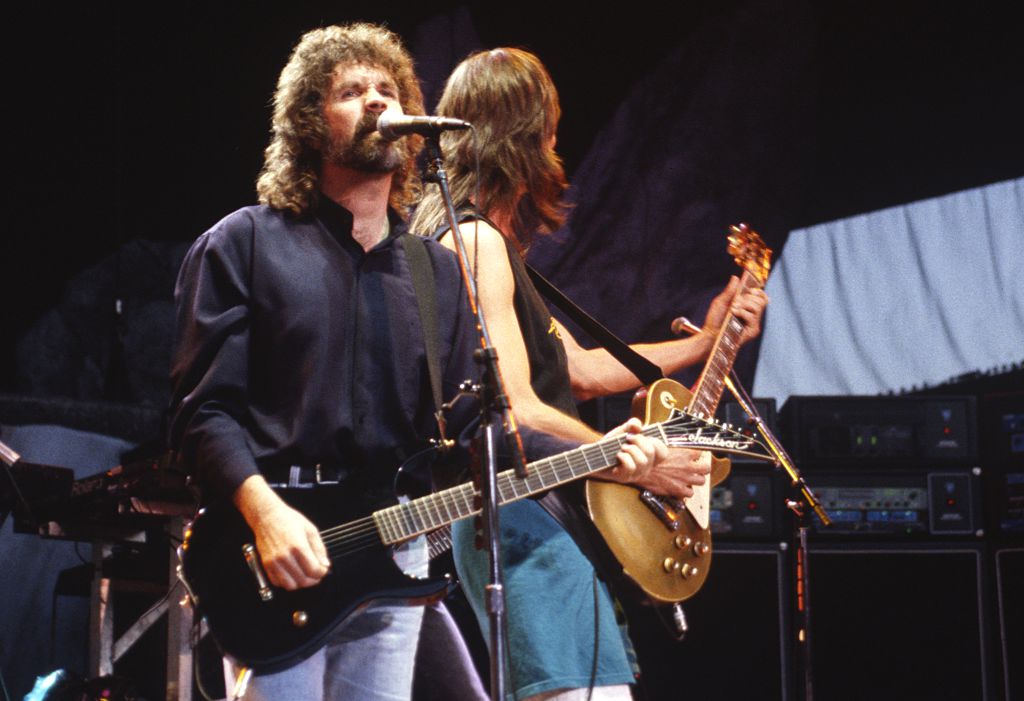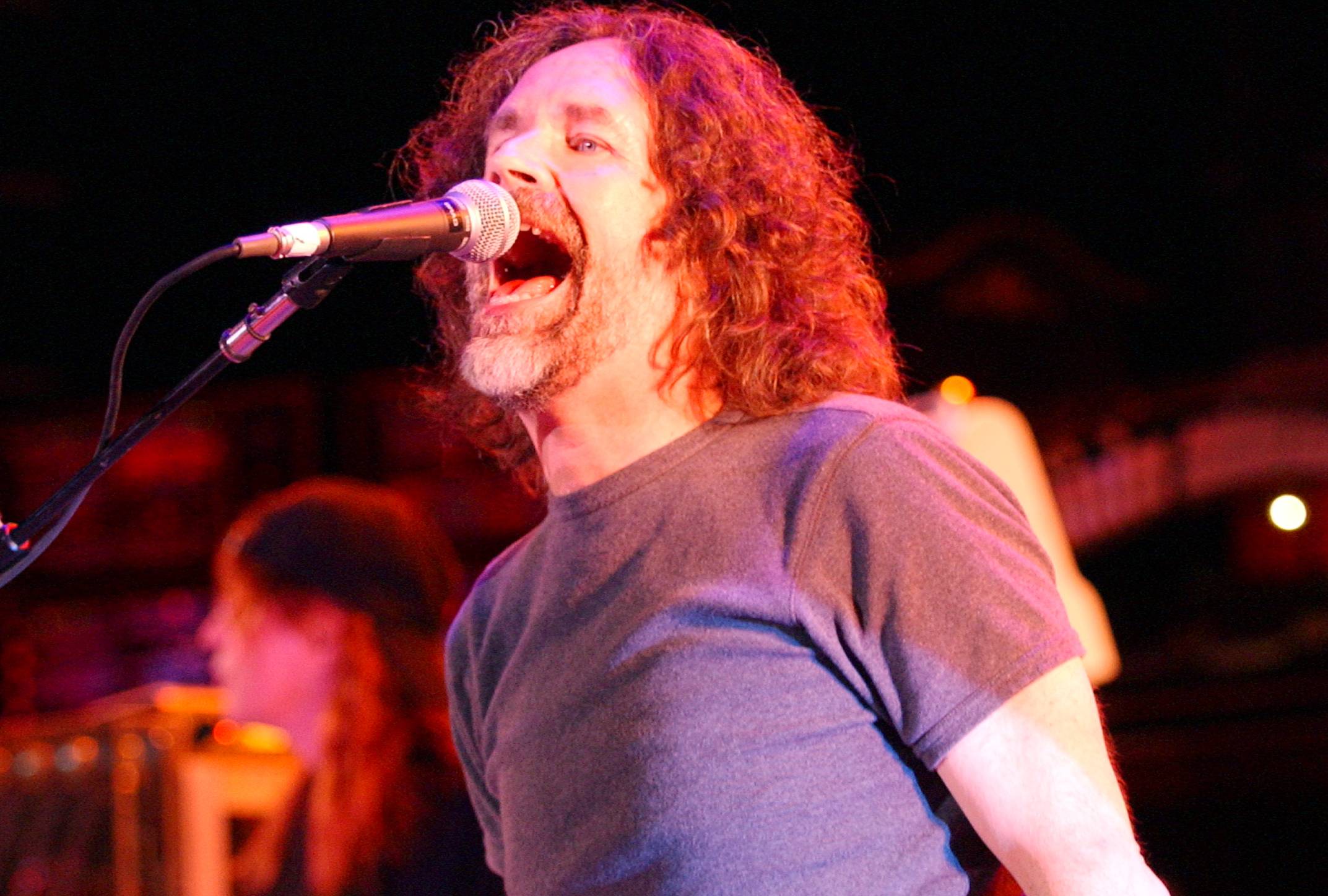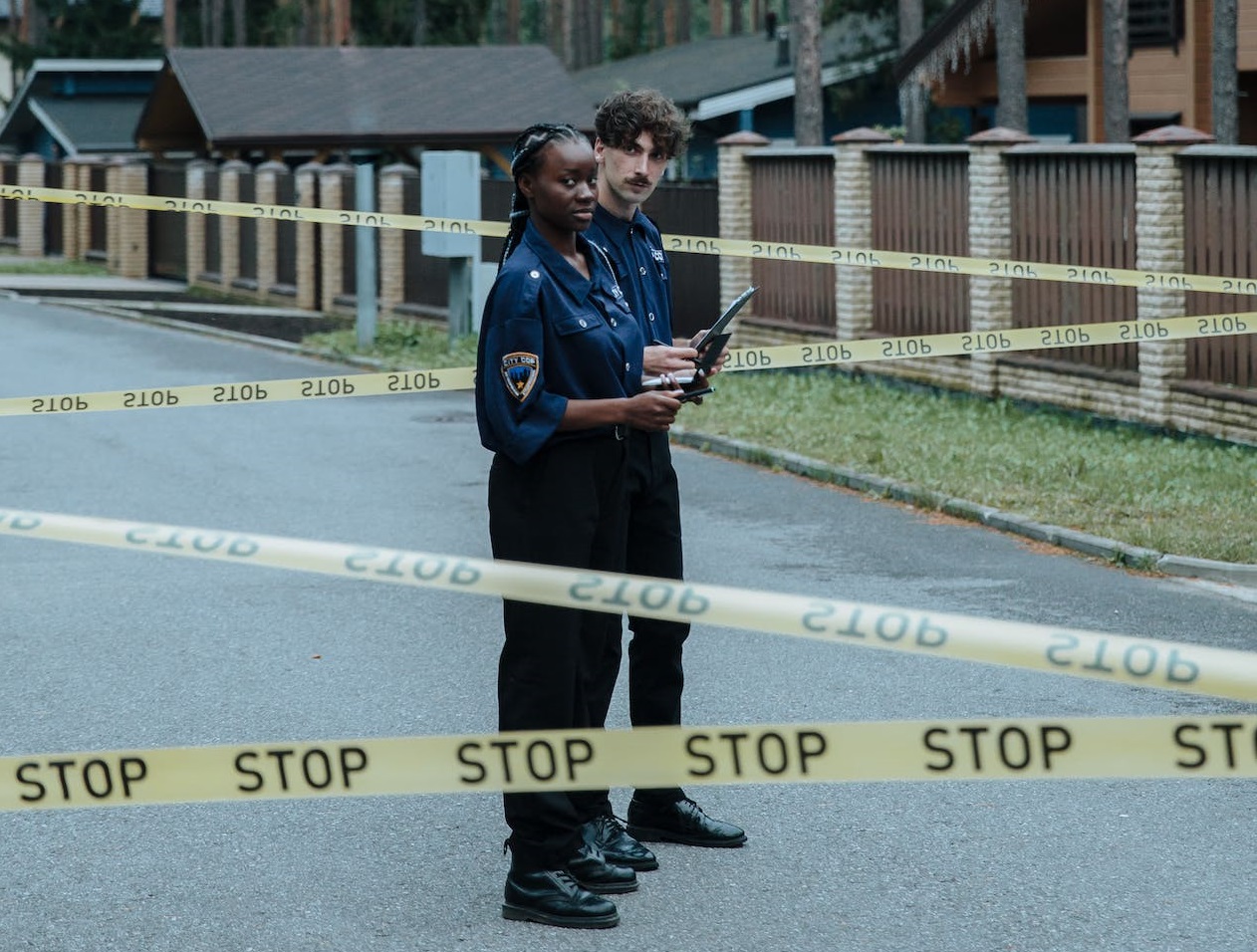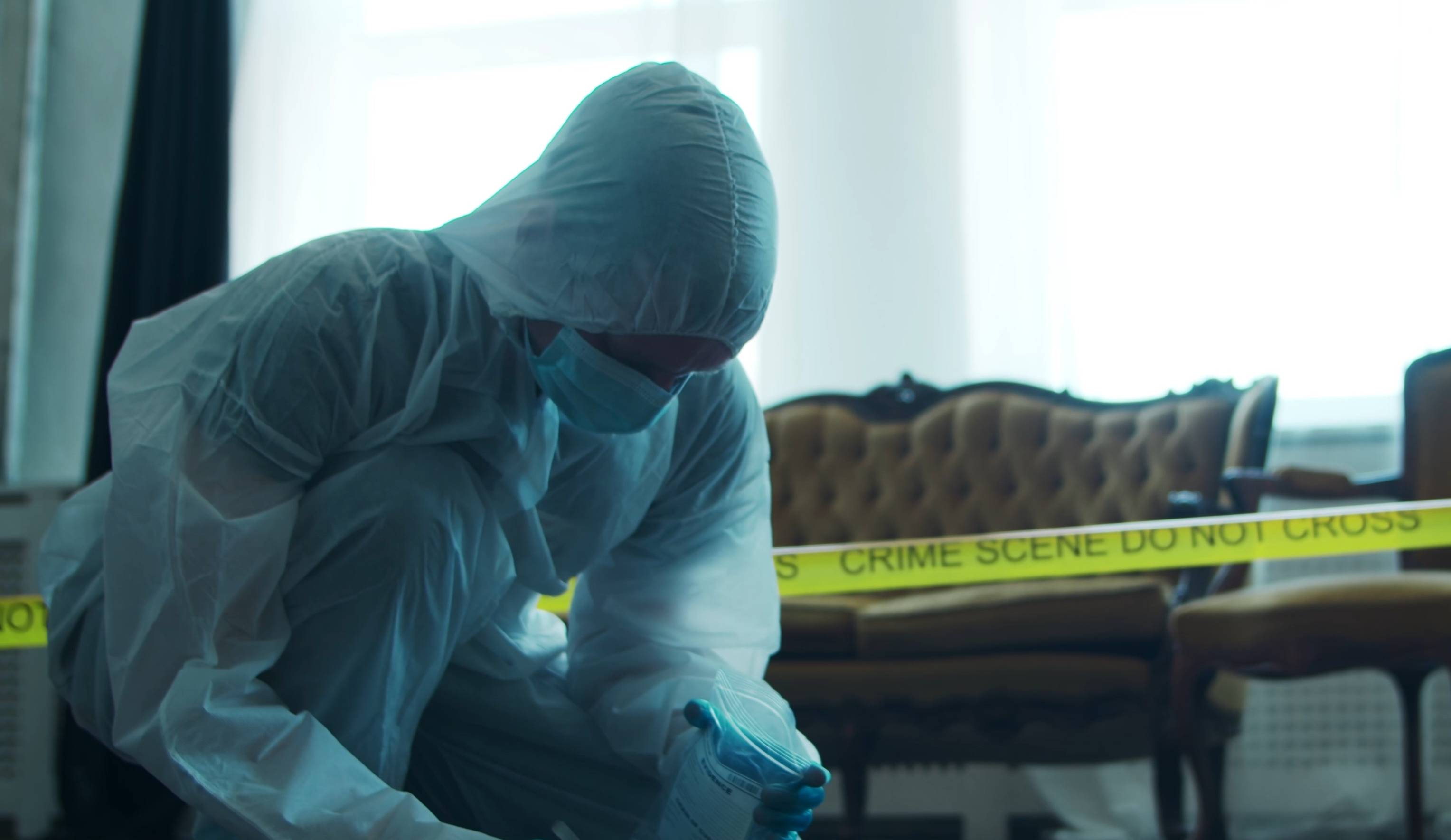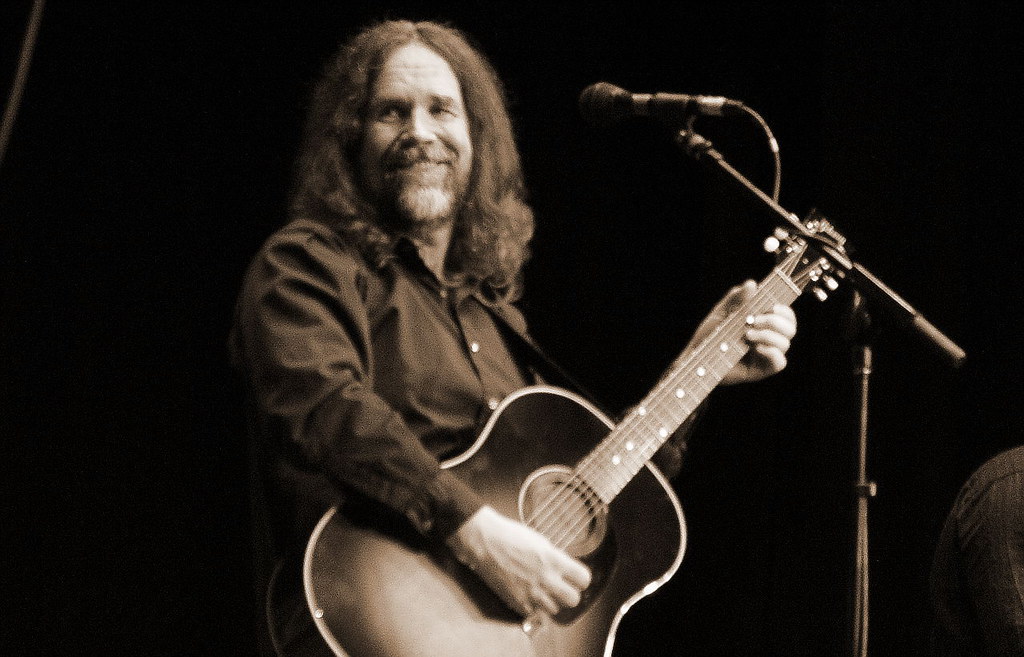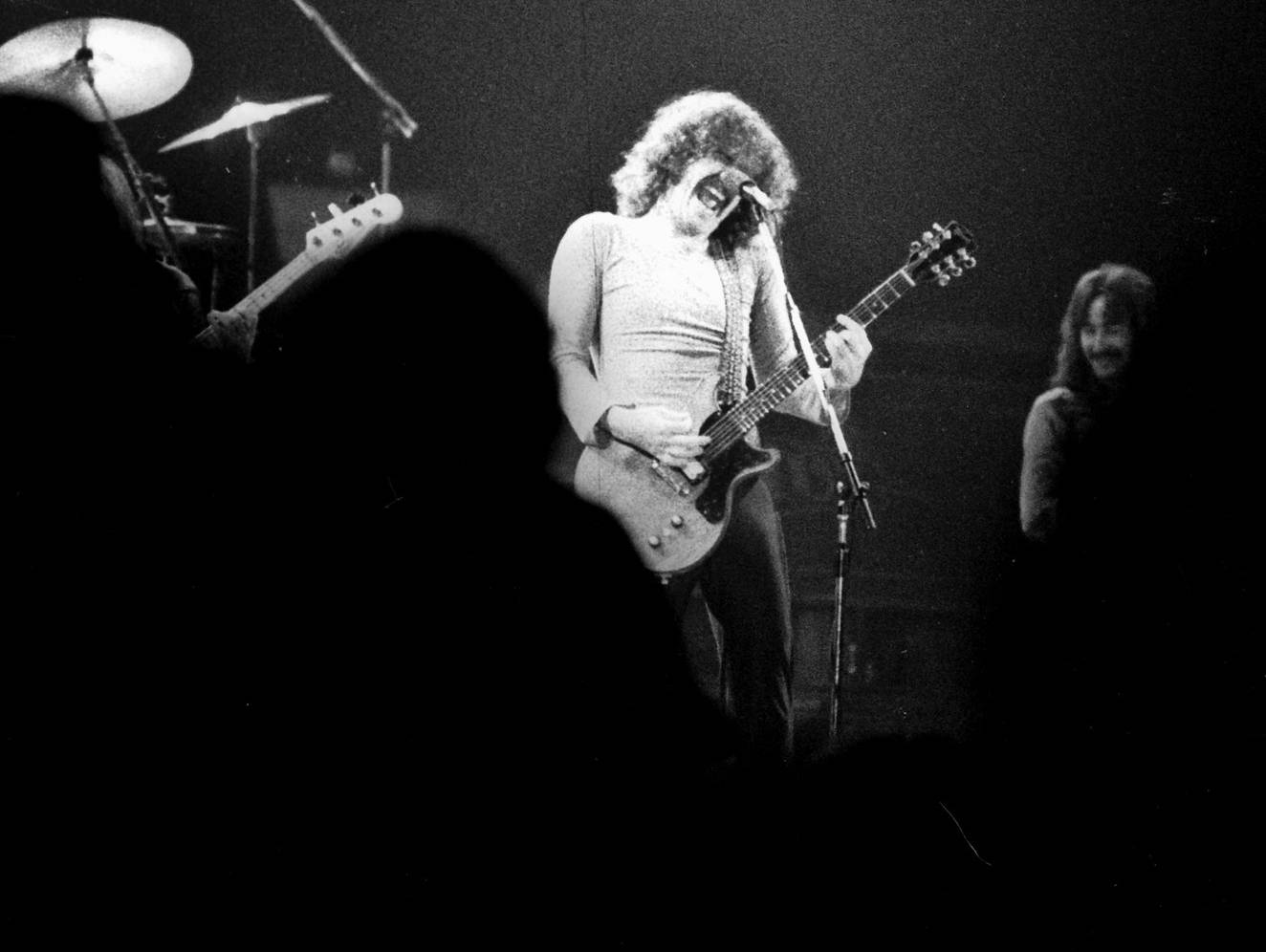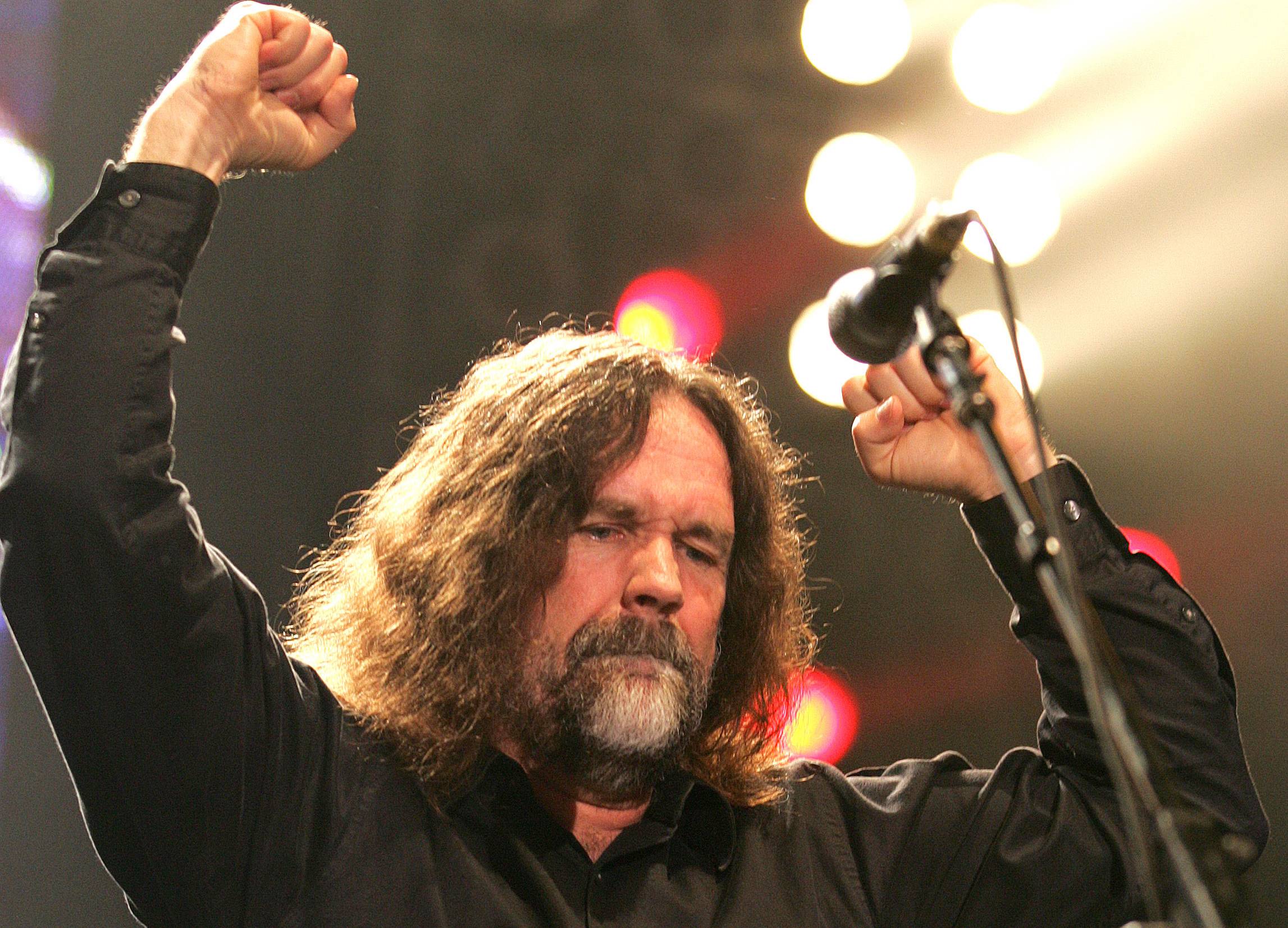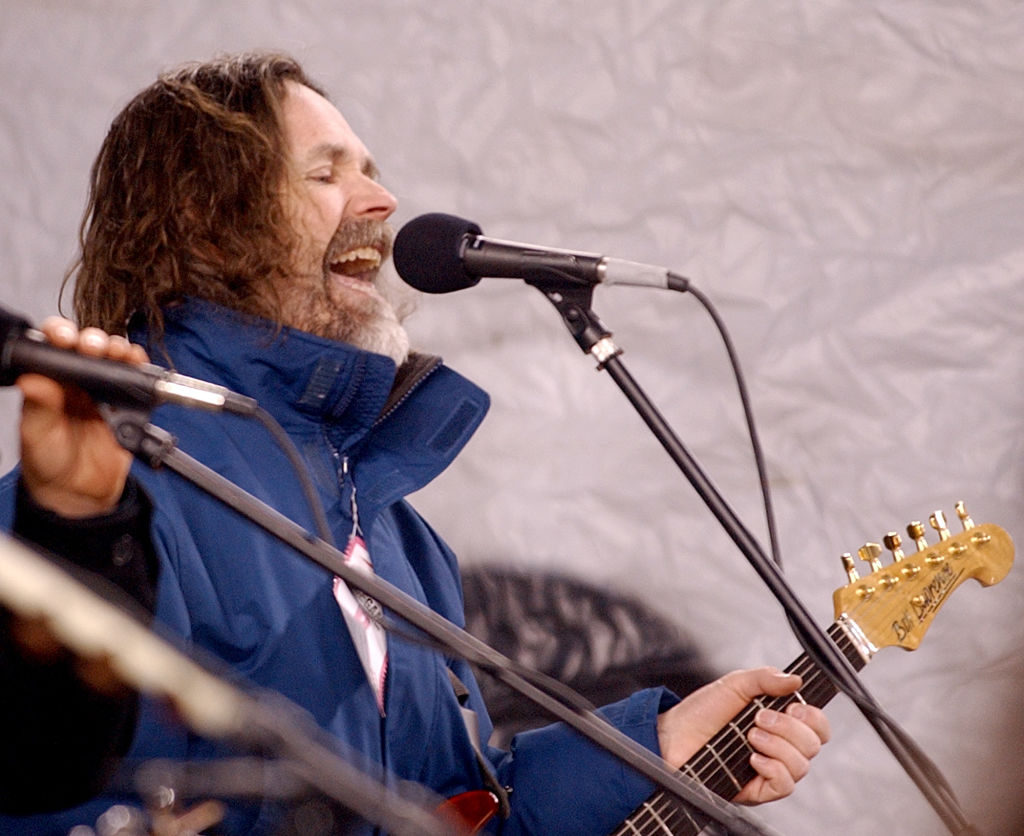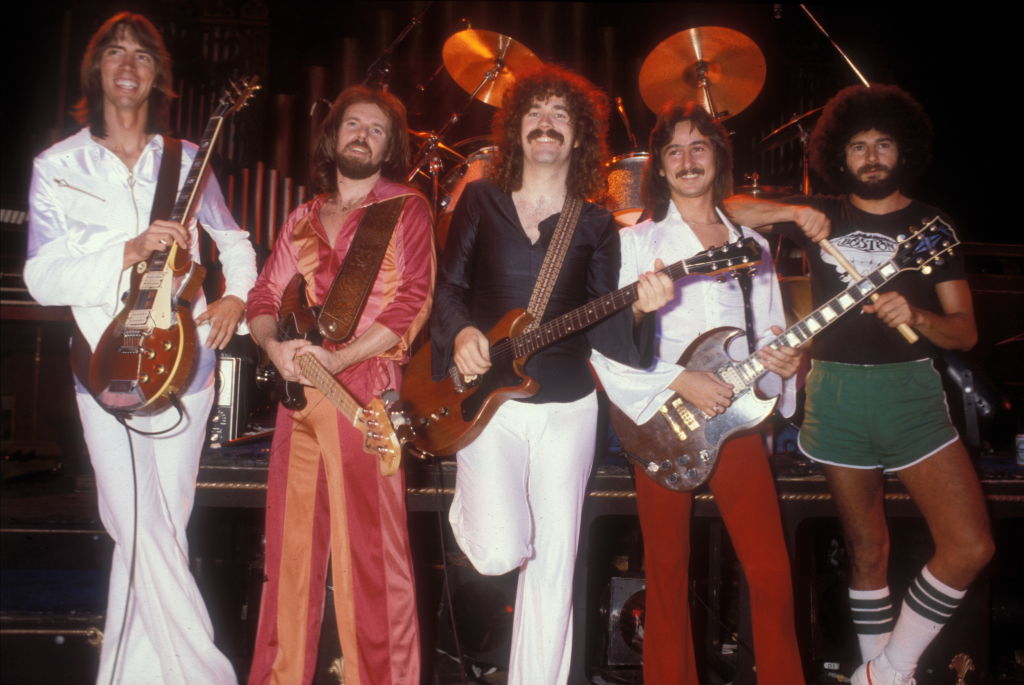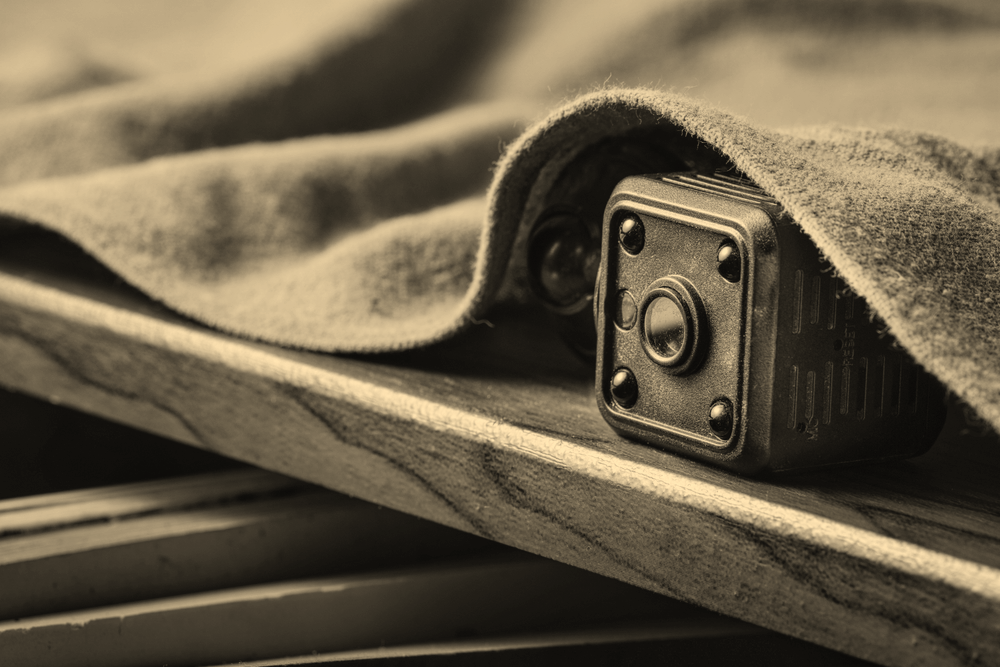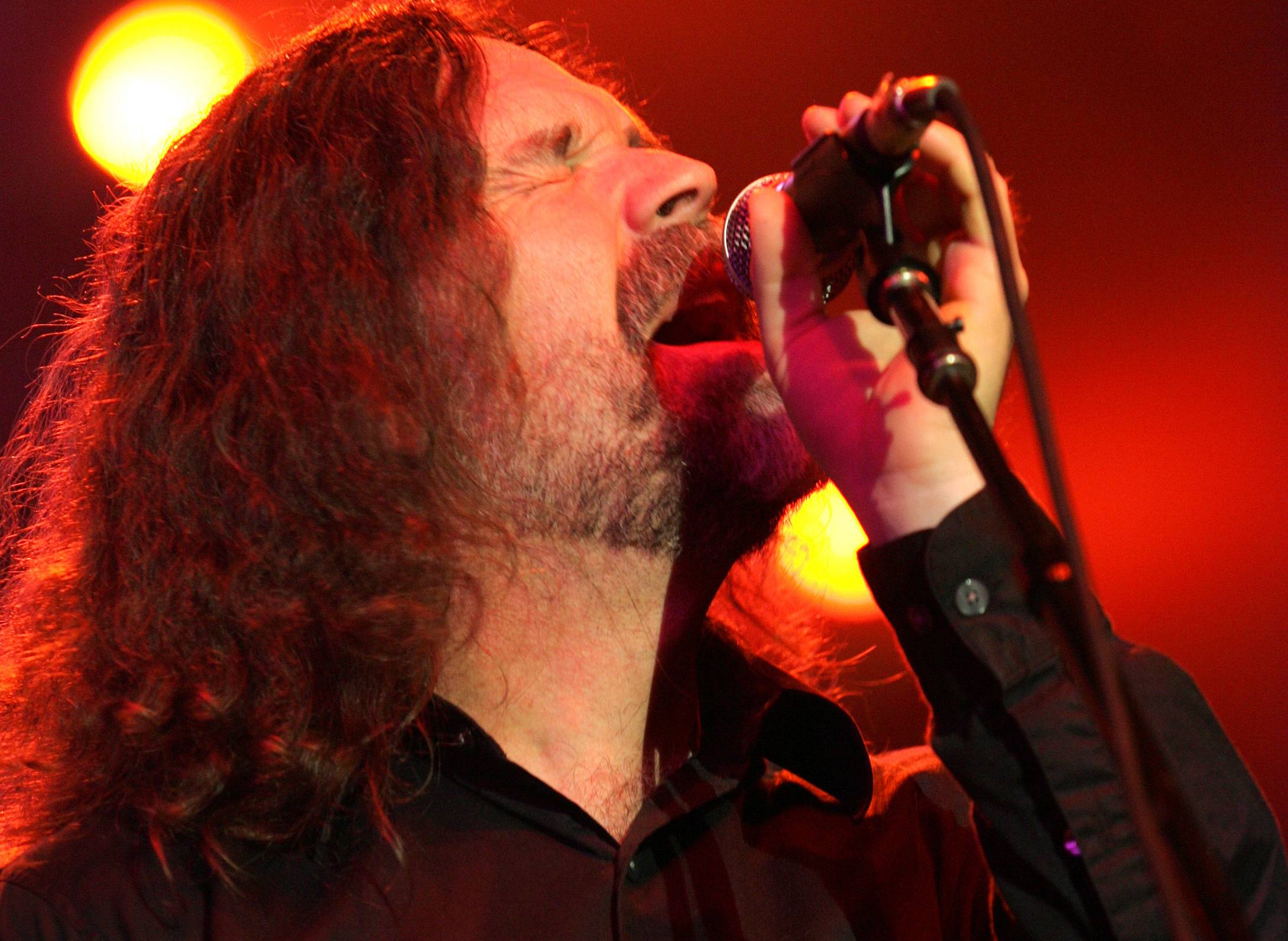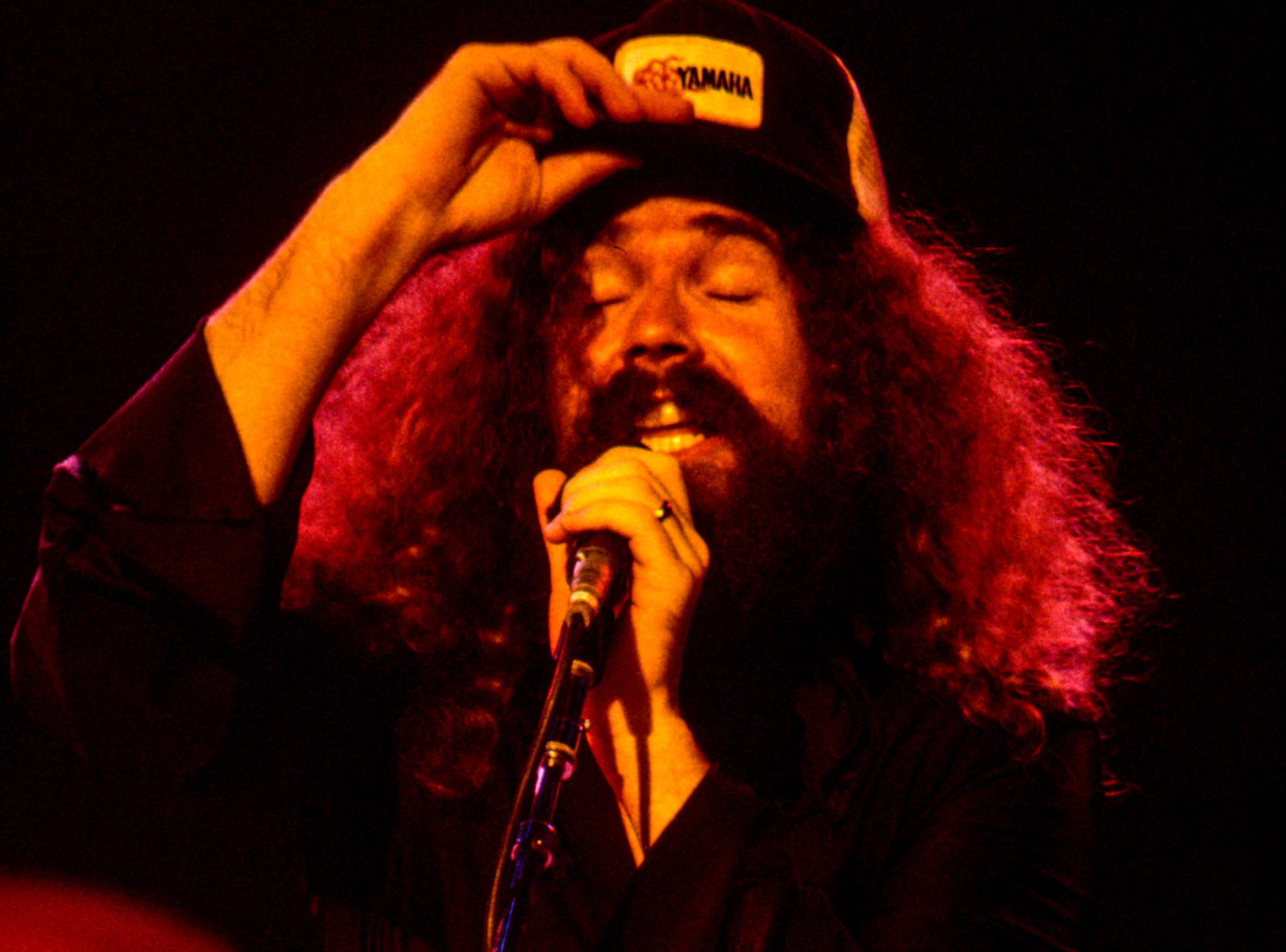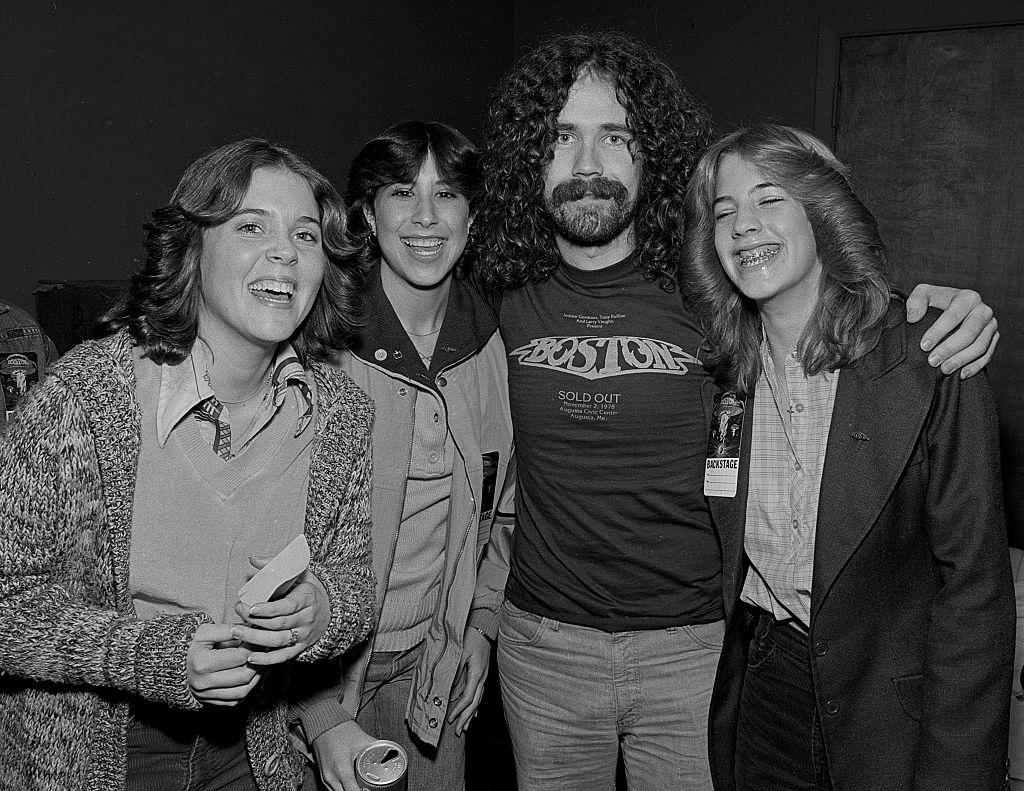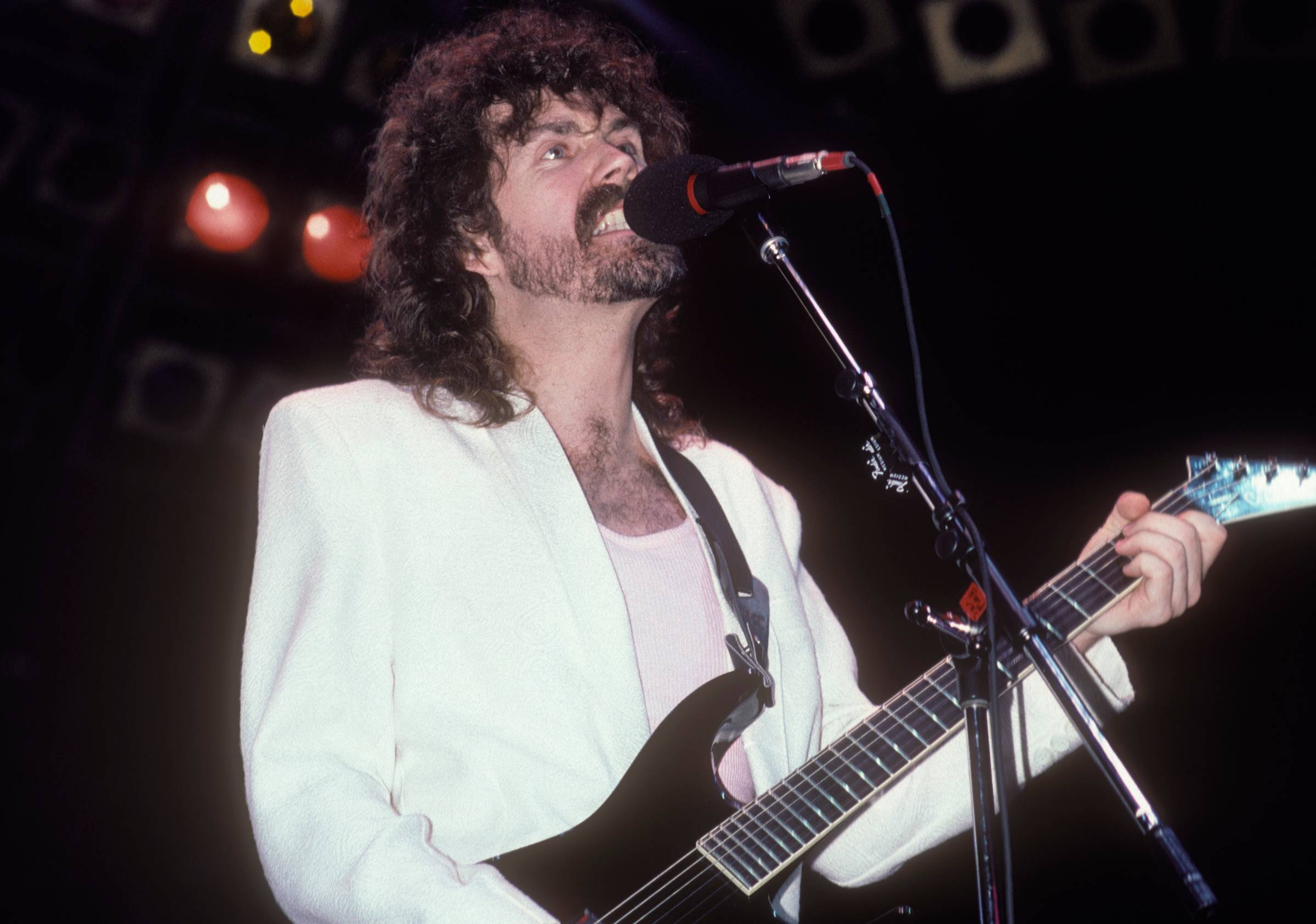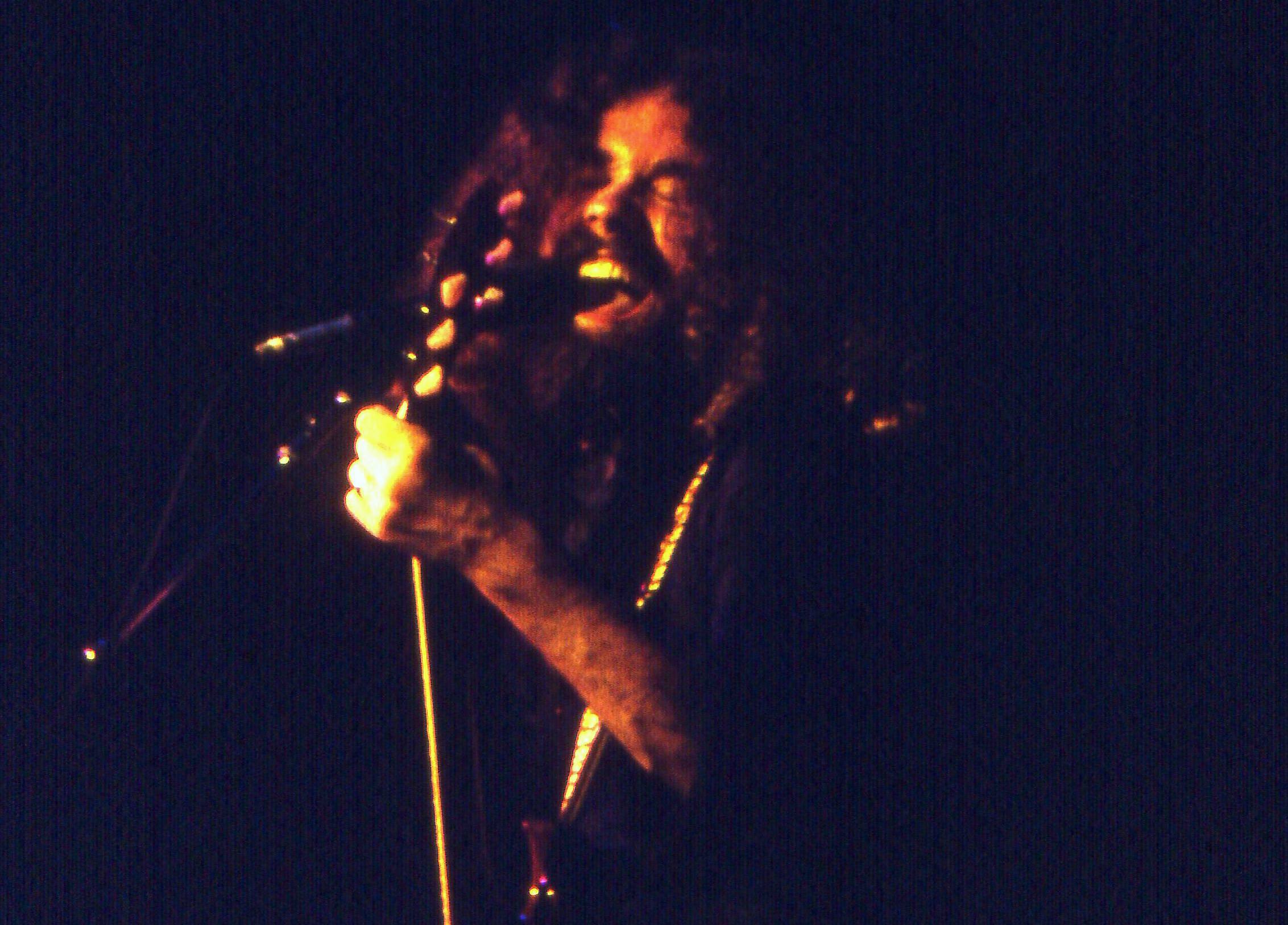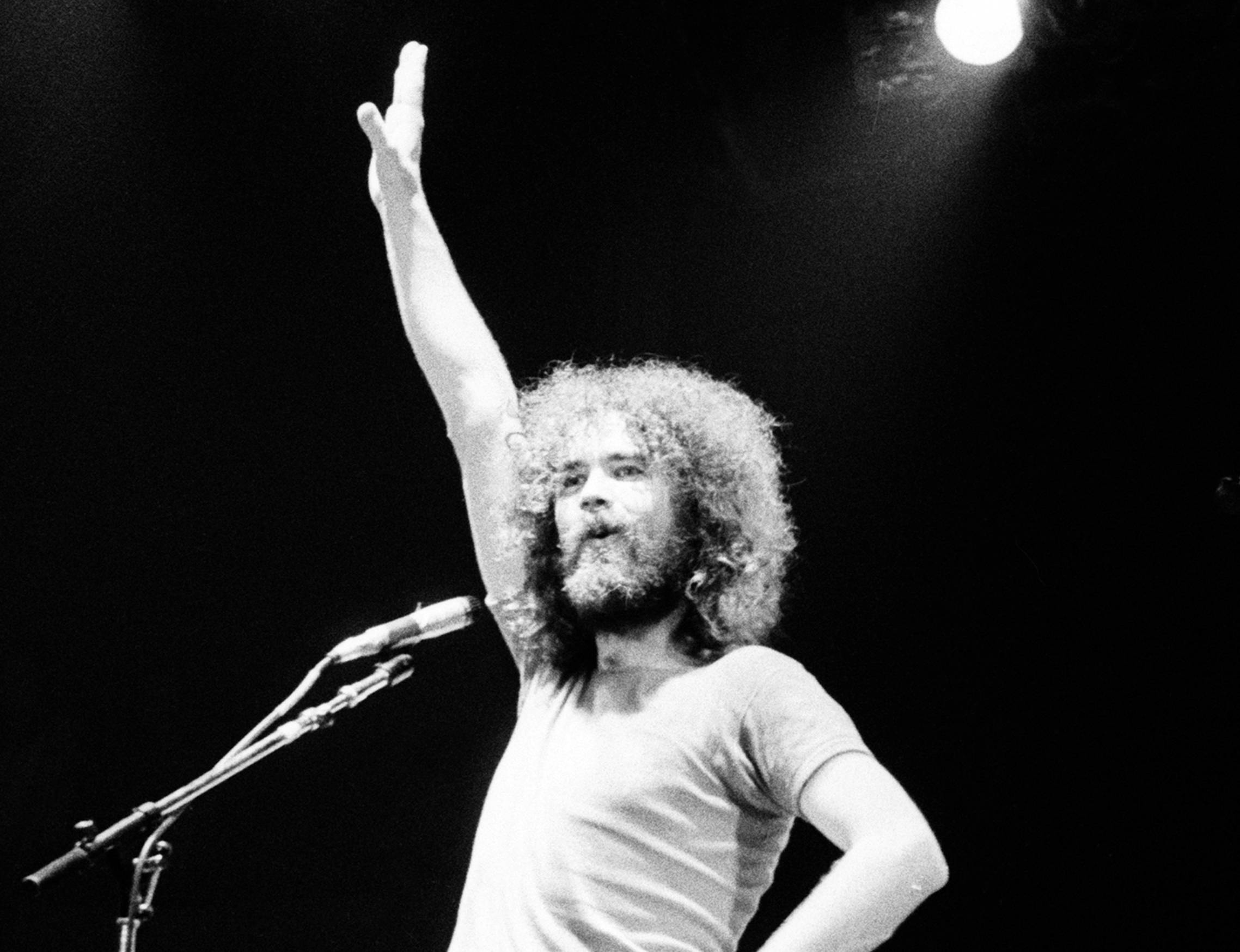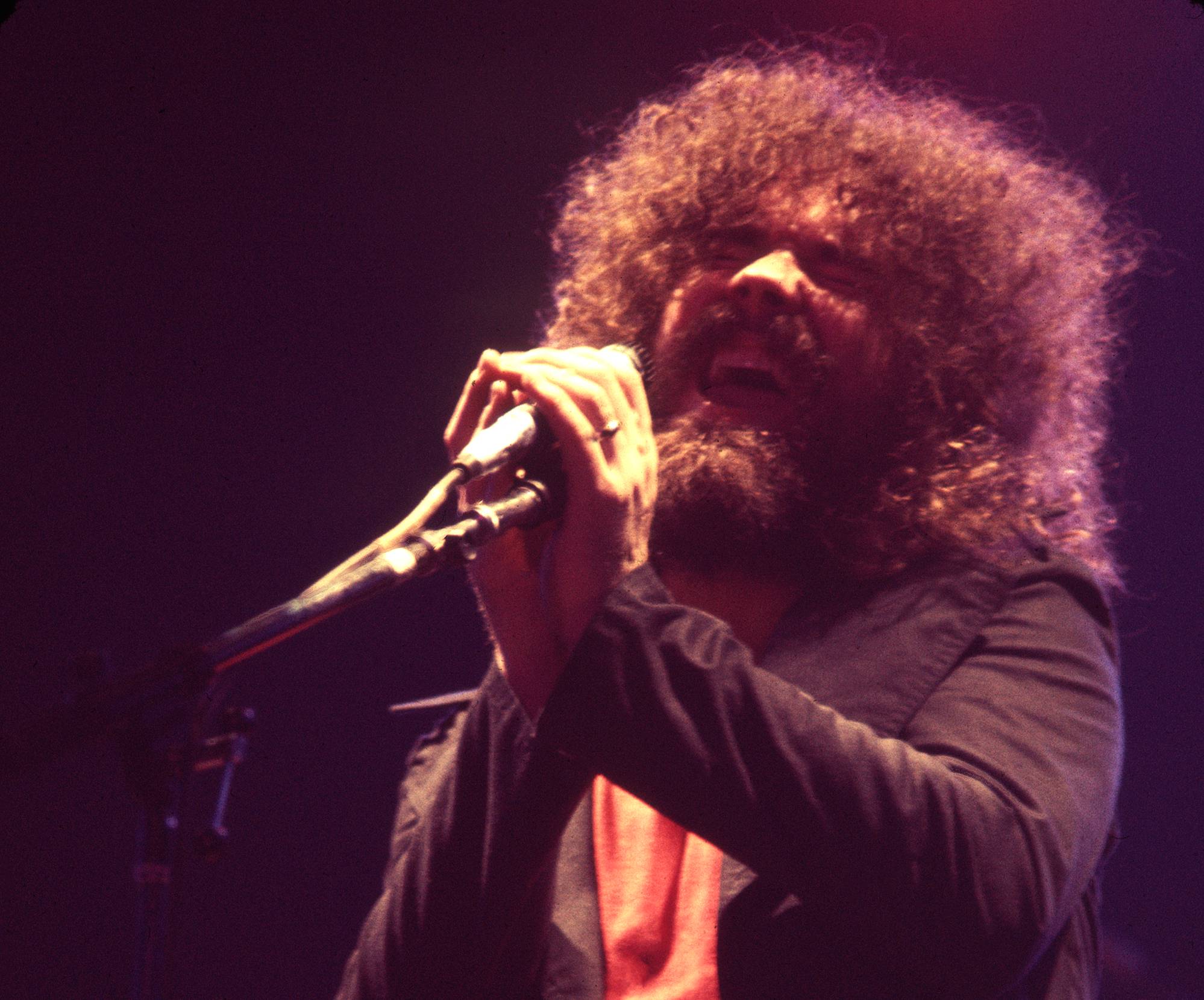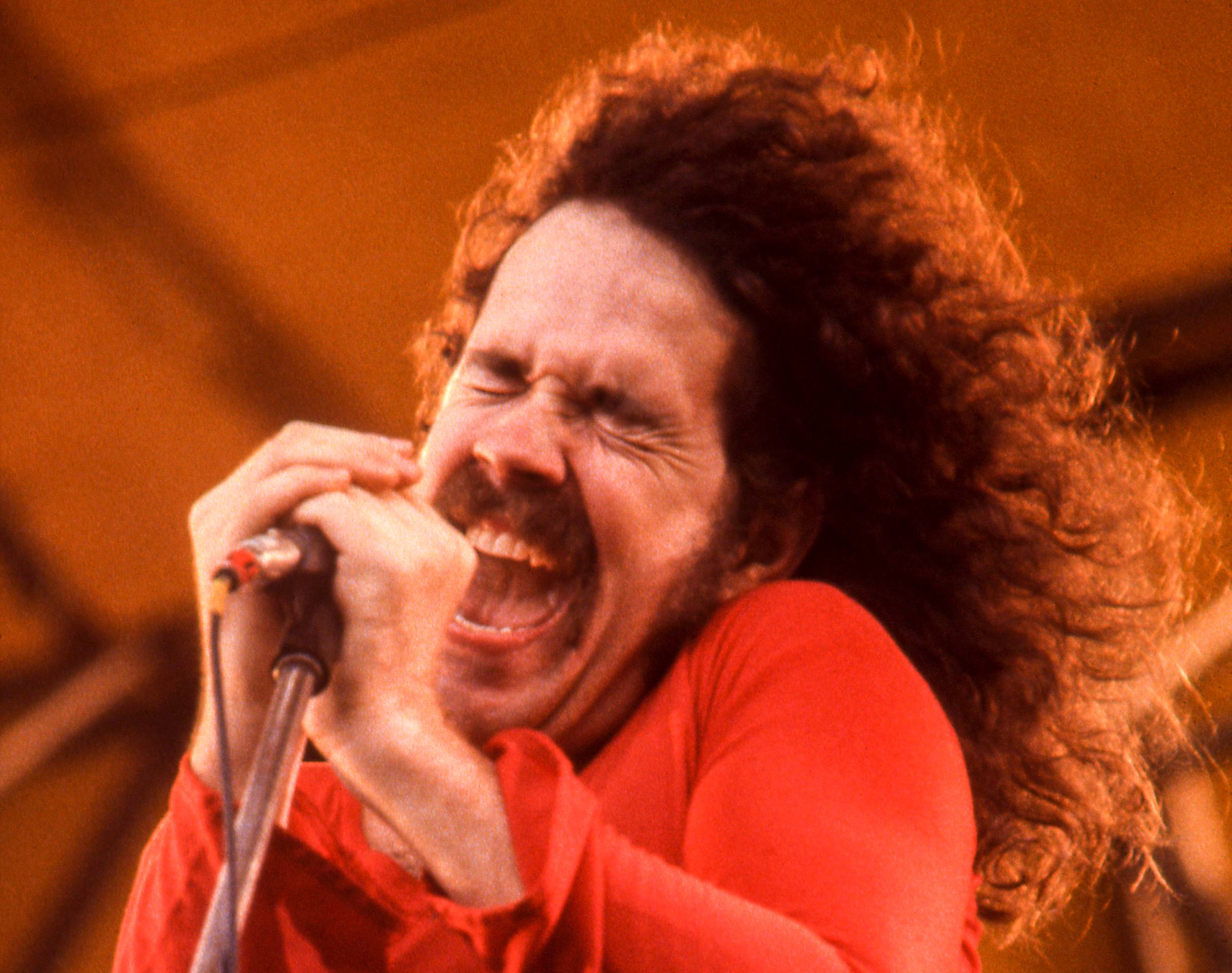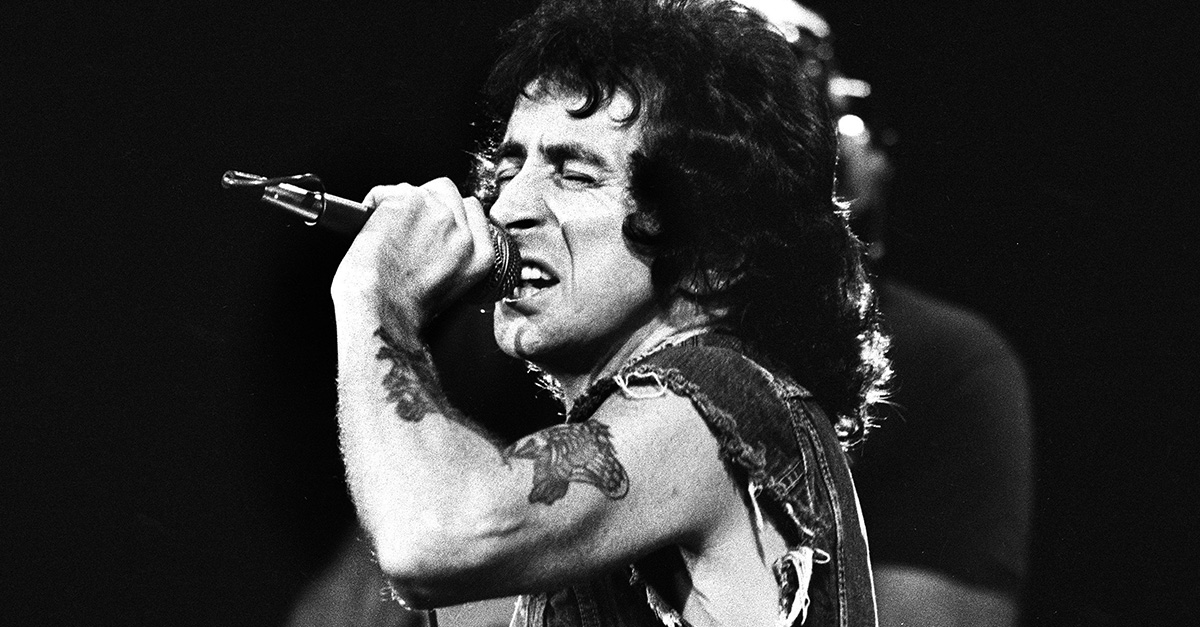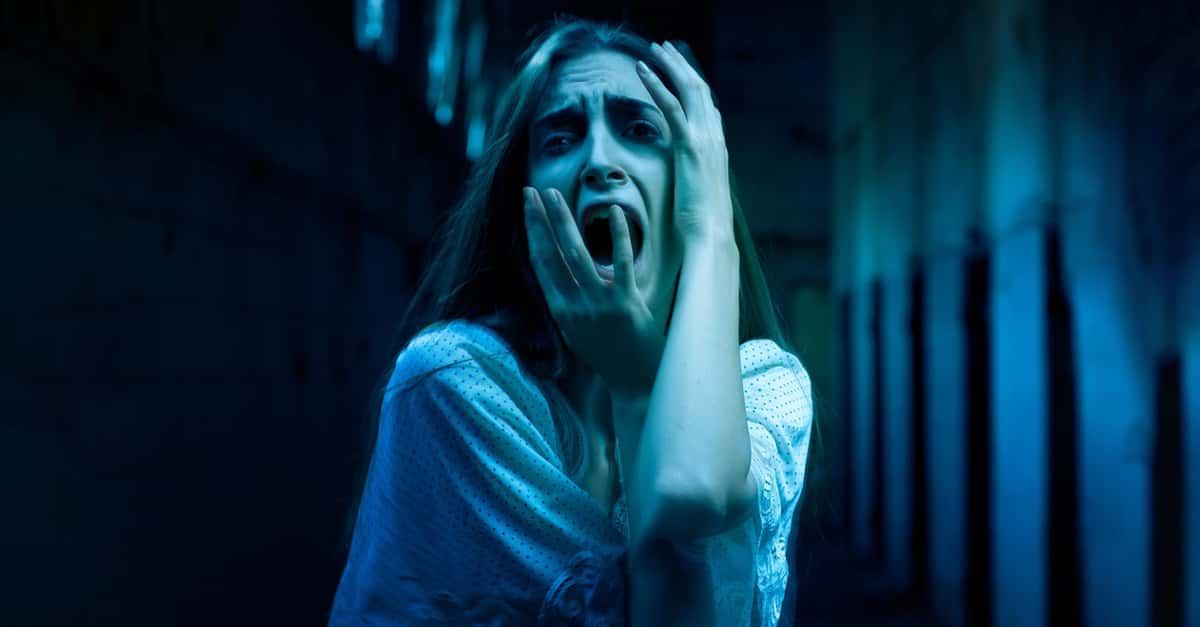He Was The Frontman—And The Fall Guy
Brad Delp was the frontman for the rock band Boston—he was also its fall guy. Plagued by in-fighting and personal demons, Delp met a tragic (and controversial) end.
1. He Led A Life Of Tension And Tragedy
Bradley Edward Delp rose to fame as the frontman for the rock band Boston. His soaring vocals defined a new sound—and hid his personal struggles. Behind the music, Delp and his bandmates feuded constantly, potentially leading to a fatal decision. But as was the case with many rock stars, Delp’s life started out quite peacefully.
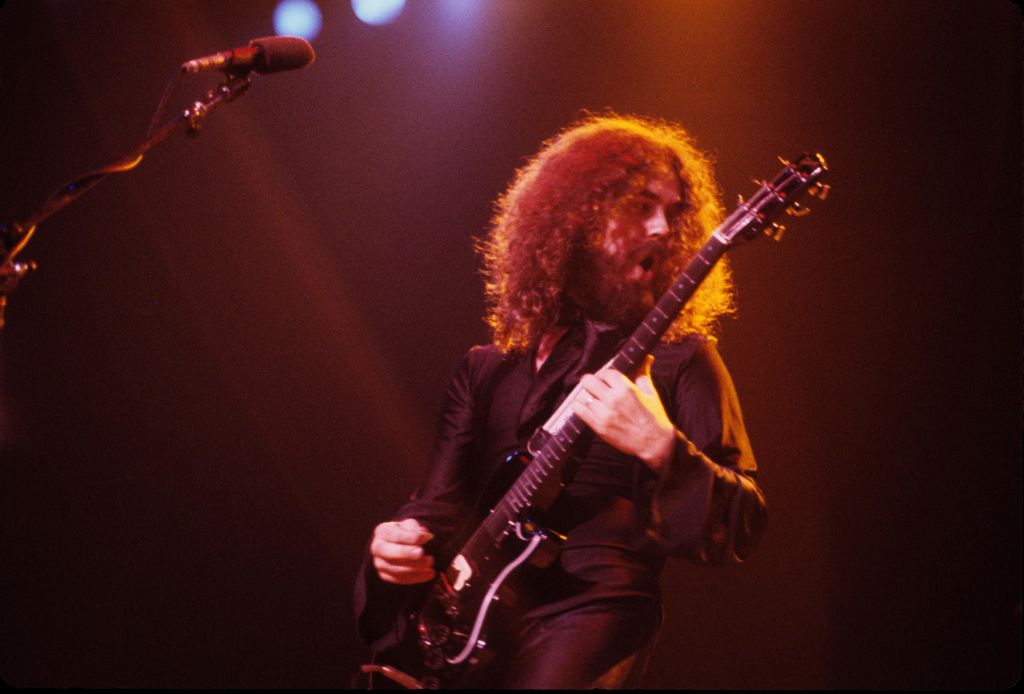 Richard E. Aaron, Getty Images
Richard E. Aaron, Getty Images
2. He Was Practically French
Born on June 12, 1951, in Peabody, Massachusetts, Brad Delp grew up in nearby Danvers to French-Canadian immigrant parents.
Details about his childhood are hard to come by, but there were hints of the incredible talent that would make him a rock legend.
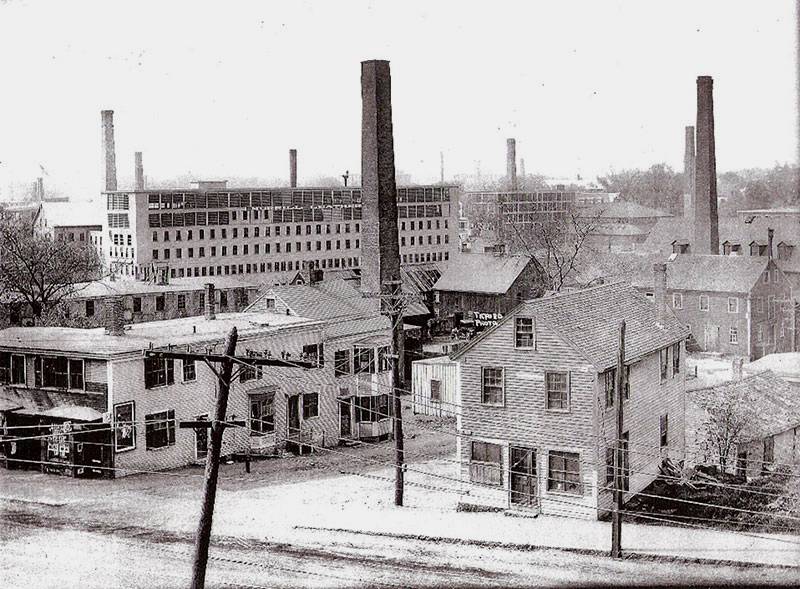 Tannercityzfinest, Wikimedia Commons
Tannercityzfinest, Wikimedia Commons
3. He Met His Future Bandmates By Chance
In 1969, fate intervened in Delp's life in a big way. Guitarist Barry Goudreau introduced Delp to Tom Scholz, who just so happened to be looking for a vocalist to record some demos.
This meeting would not only ignite Delp’s career—but also plant the seeds a new sound that would change rock history forever.
4. His Talent Was Initially Rejected
After recording a six-song demo, Delp and Scholz sent tapes to every major record label. But success would not come easily. It seemed no one believed in their unique sound and the duo received nothing but rejection after rejection. Little did these labels know, they were passing on what would become a legendary act.
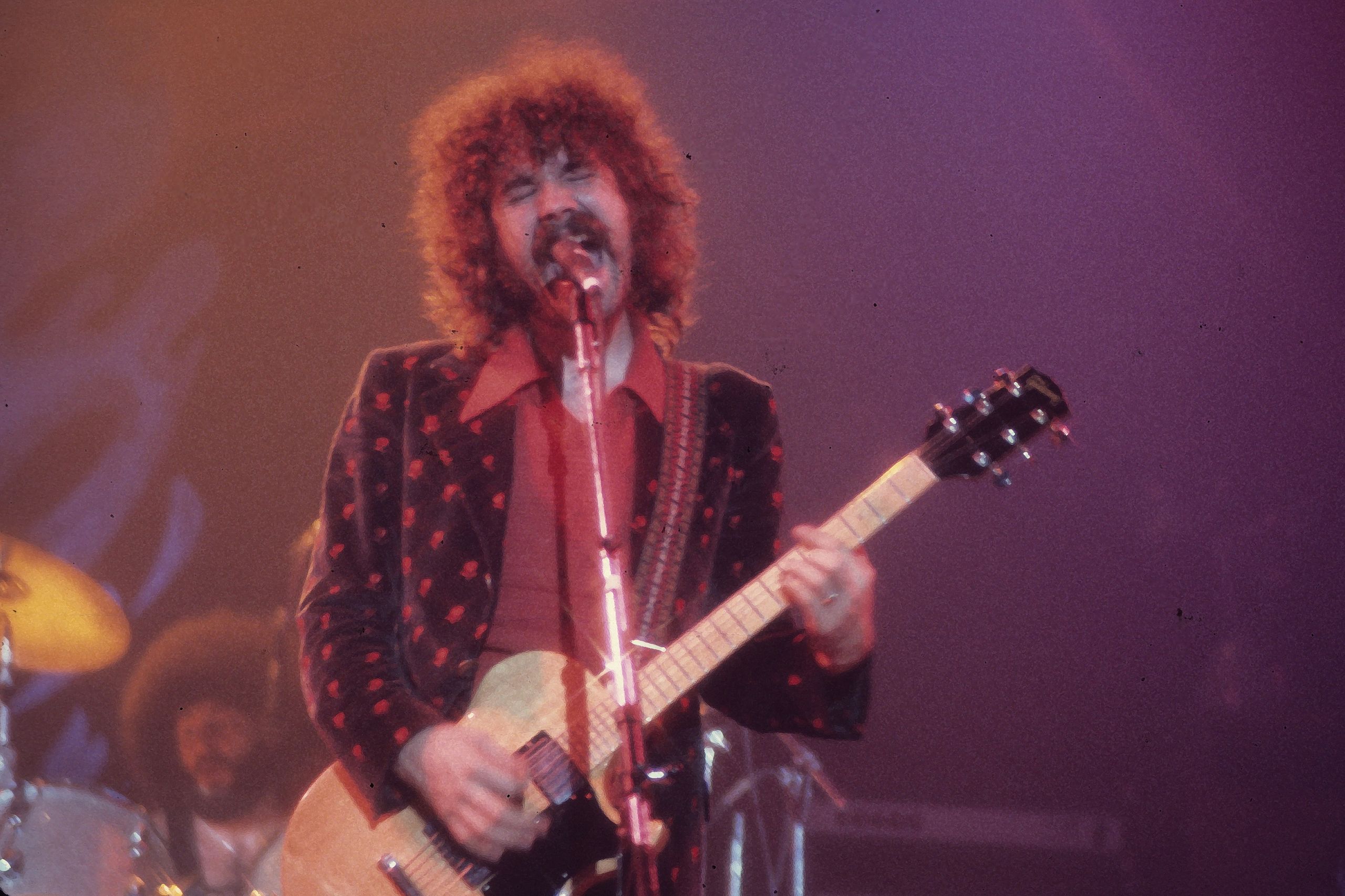 Carl Lender, CC BY-SA 2.0, Wikimedia Commons
Carl Lender, CC BY-SA 2.0, Wikimedia Commons
5. He Was A Basement Basher
Delp and Scholz changed the name of their band from Mother’s Milk to Boston, and success soon followed. Epic Records signed the group, and they quickly recorded their first album—mostly in Scholz’s basement studio.
I wonder if any of them realized that the magic they captured in that dingy basement would take them straight to the top.
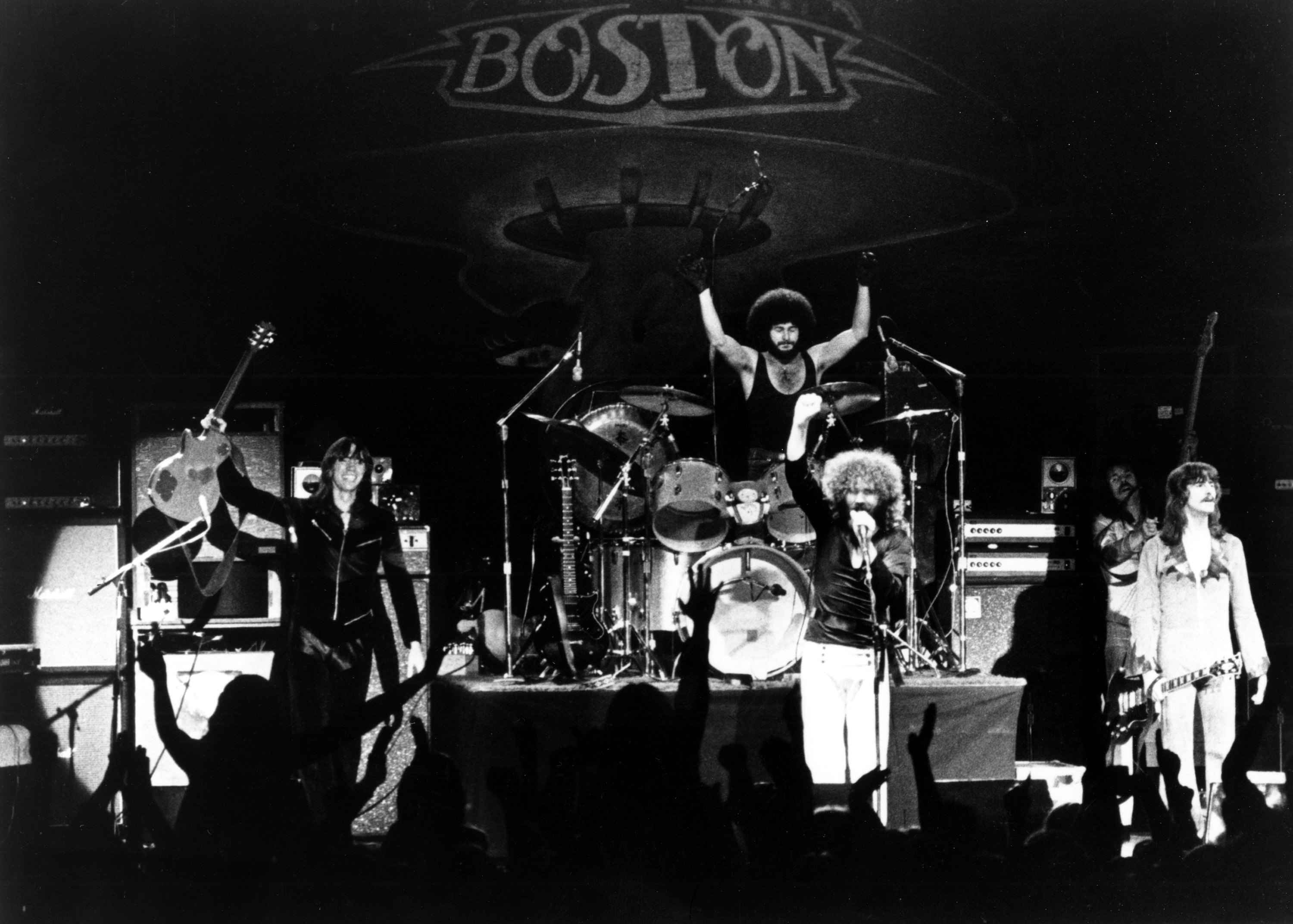 Ron Pownall Photography, Getty Images
Ron Pownall Photography, Getty Images
6. His Debut Album Broke Records
Delp’s debut album—the band’s eponymous Boston—took them out of the basement and to new heights. The album sold over 17 million copies, making it one of the best-selling debut albums in US history. With unforgettable tracks and Delp’s signature voice, it was clear this band wasn’t just another passing fad.
7. He Was Great At The Grammys
Boston’s self-titled debut wasn’t just a commercial hit—it received critical acclaim too, earning a Grammy nomination for Best New Artist. Meanwhile, singles like “More Than a Feeling” and “Peace of Mind” became instant classics, making Delp’s voice a defining sound of the era. And he was just getting started.
8. His Album Dominated The Charts
Boston’s wildly successful debut saw them soar to a peak of #3 on the Billboard 200, remaining on the charts for an astounding 132 weeks. With Delp leading the vocals, it seemed like the band was poised to dominate the charts. If they could only get their act together.

Sign up to our newsletter.
History’s most fascinating stories and darkest secrets, delivered to your inbox daily. Making distraction rewarding since 2017.
9. He Took His Time With The Follow-Up
Delp and his band took their time crafting a follow-up to their record-breaking debut. Thankfully, after multiple delays, they finally released their second album, Don’t Look Back. In a cruel and ironic twist, there wasn’t much for the band to look forward to.
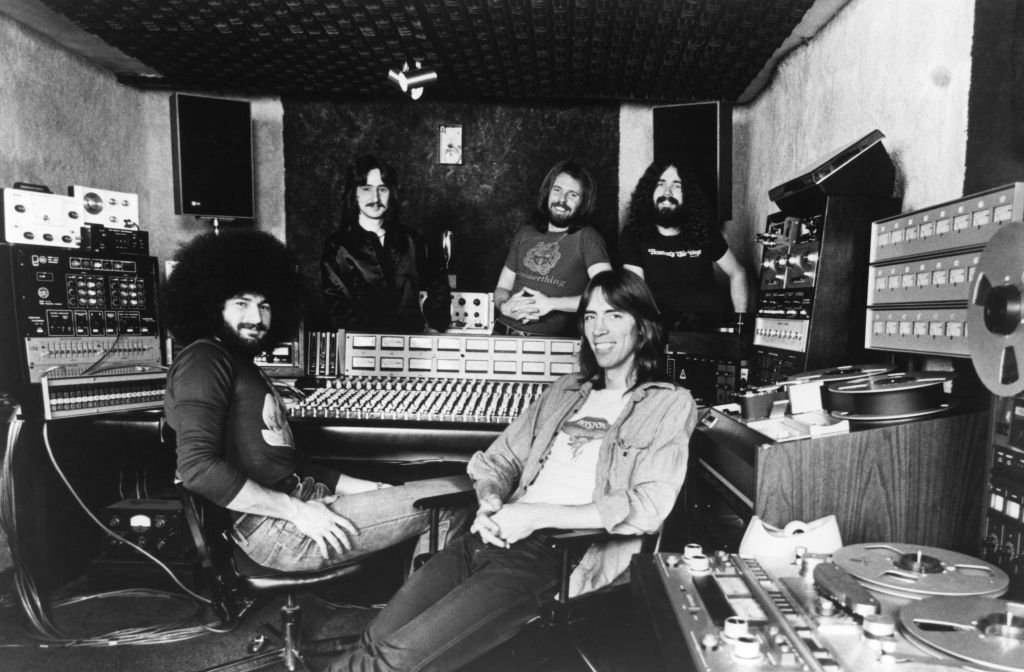 Ron Pownall Photography, Getty Images
Ron Pownall Photography, Getty Images
10. His Second Album Was Second Best
Delp and his bandmates looked forward to another record-breaking release with Don’t Look Back. Immediately, the album topped the pop charts and earned double platinum status. But it was still a bad omen: Don’t Look Back ultimately fell far short of the first album’s meteoric sales. Clearly, something had to change.
11. He Jammed With Someone Else
During a tour break, Delp and a few of his Boston bandmates, excluding Scholz, collaborated with Sammy Hagar in the studio. Delp featured prominently on Hagar’s album, Street Machine, by singing on a cover of Otis Redding’s classic “(Sittin’ On) The Dock of the Bay”. Not everyone was happy about Delp’s side hustle.
12. His Producer Faced Corporate Pressure
After the Don’t Look Back tour, Scholz wanted to strike out on his own, similar to how Delp had. Scholz agreed to produce Hagar’s next album, Danger Zone—but CBS had other plans. The label demanded that Scholz abandon side projects and focus on finishing Boston’s third album. He was furious.
Delp had been allowed, but now Scholz couldn't? Tension was heating up within the band’s ranks.
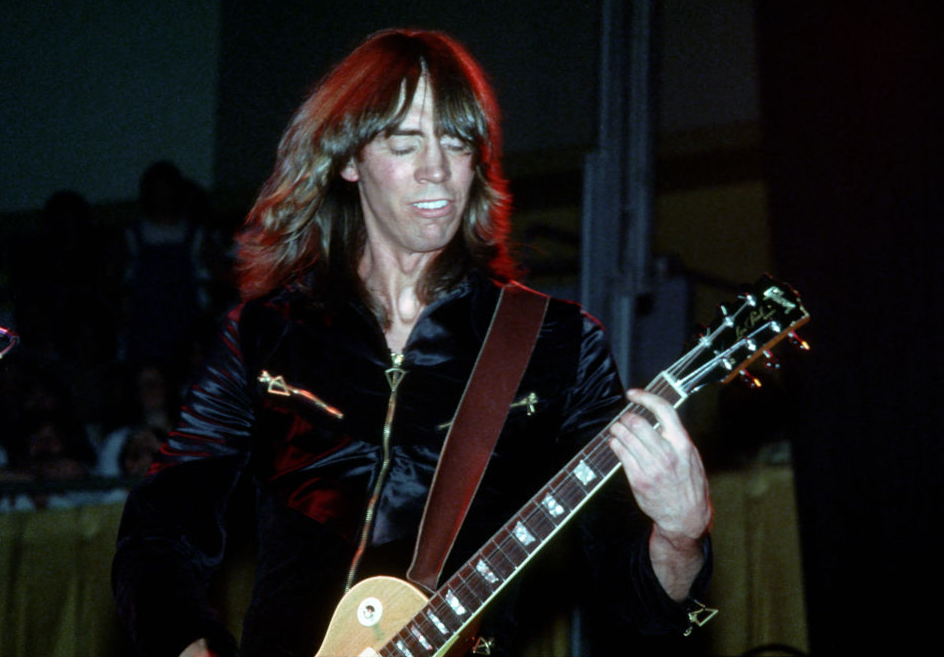 Michael Ochs Archives, Getty Images
Michael Ochs Archives, Getty Images
13. His Band Began Bickering
While fans eagerly awaited Boston’s third album, Scholz became locked in a court battle with ex-manager Paul Ahern. While all Delp wanted was to record more music, Scholz refused to let CBS or his former management dictate his creative process and vowed to take his time on the next Boston record.
The move left Delp in a ditch—and he wasn't going to wait around forever.
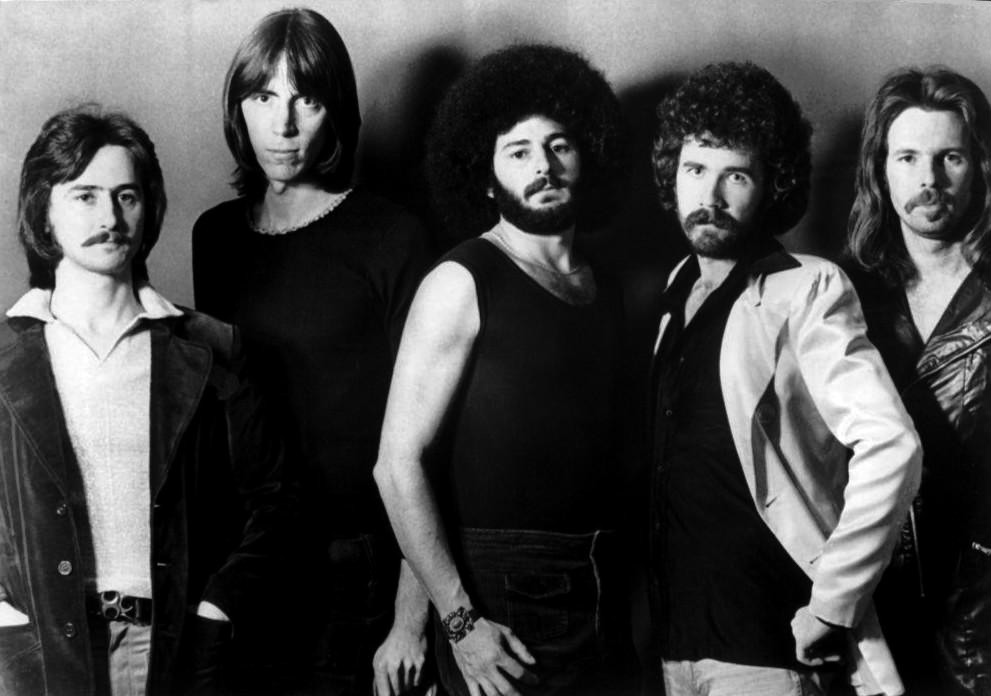 Premier Talent Associates, Wikimedia Commons
Premier Talent Associates, Wikimedia Commons
14. He Lent His Voice To A Side Project
With Scholz effectively pushing Delp and his Boston bandmates to the side, there was only one thing Delp could do: go on without him. Goudreau decided to record a solo project, enlisting Delp and another Boston band member to contribute. The result was an album that offered fans a taste of Boston-like sounds without the whole band.
But it only made tensions between Delp and Scholz worse. Something was going to give sooner or later.
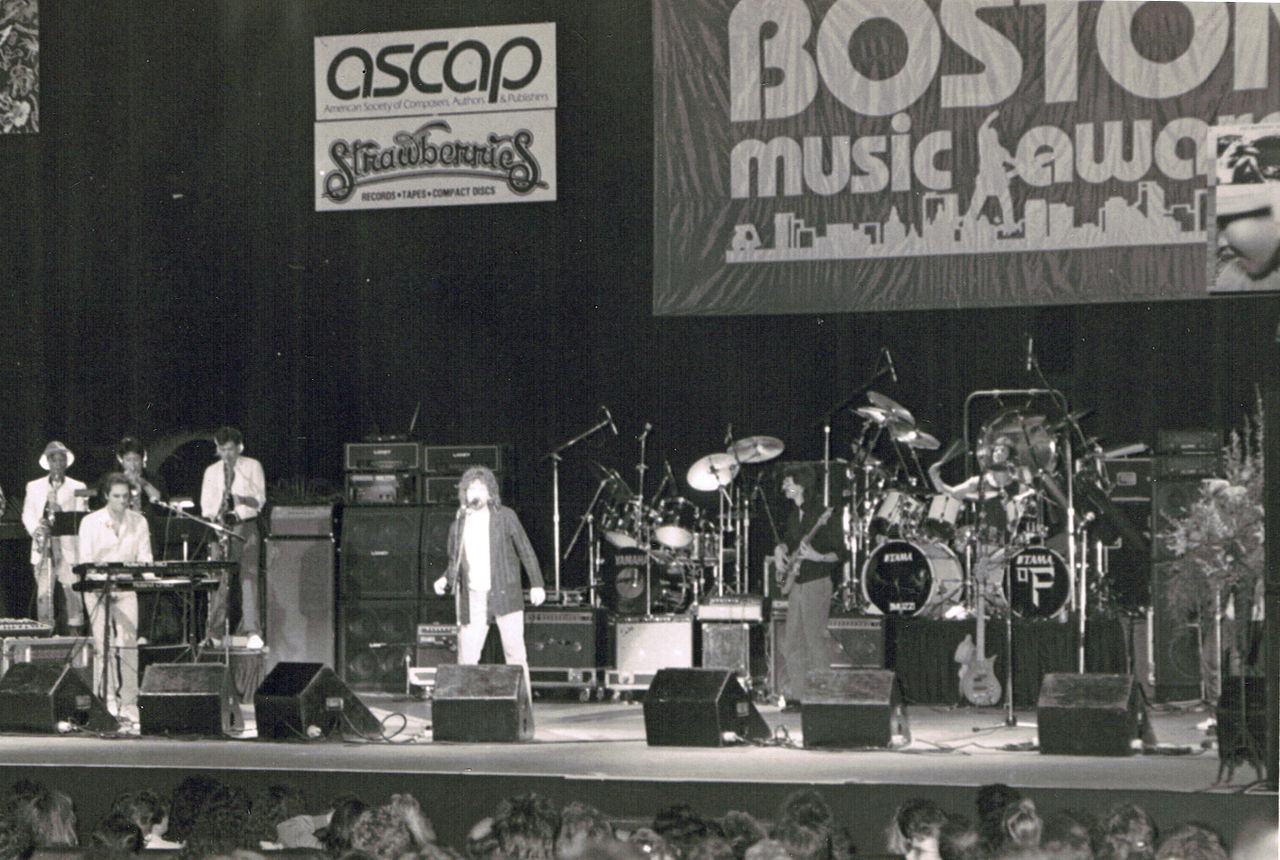 Davellis1, CC BY-SA 4.0, Wikimedia Commons
Davellis1, CC BY-SA 4.0, Wikimedia Commons
15. His First Marriage Is A Mystery
While the in-fighting between Boston bandmates made headlines, Delp managed to keep the details of his personal life out of the news. While most sources claim that Delp was married twice, he never revealed much, if anything, about his first marriage. His second marriage, however, was full of drama.
16. He Married A Flight Attendant
Delp’s second wife, Micki, was no stranger to the rock world—she had worked as a flight attendant during Boston’s tours. The couple tied the knot in 1980 and had two children together before their marriage ended in 1996. But their bond was deeper than marriage.
17. His Ex-Wife’s Sister Married His Bandmate
The ties between Boston’s members ran deep. Micki’s sister, Connie, married Delp’s bandmate, Goudreau. So, while Delp and Micki’s marriage ended in 1996, the connection between their families persisted, adding another twist to Boston's already complex dynamics. the band was beginning to crack under the tension.
 Carl Lender, CC BY-SA 3.0, Wikimedia Commons
Carl Lender, CC BY-SA 3.0, Wikimedia Commons
18. His Bandmate’s Solo Album Flopped
Despite Delp’s involvement, Goudreau’s solo album failed to take off, peaking at #88 on the charts. Worse yet, the album’s release heightened tensions between already tense band members. CBS marketed Goudreau’s solo outing featuring Delp as “Almost Boston,” leaving Scholz to fume and ultimately pushing Goudreau out of the band for good.
Delp remained—for now.
19. He Was Still The Voice Of Boston
Tensions after Goudreau left the bad, and recording on Boston’s third album finally began, with Scholz taking over most of the instrumentation. Despite the delays, Delp appeared committed to Boston, lending his iconic voice to all the album’s vocals, ensuring it stayed true to the band’s signature sound. But his heart simply wasn’t in it.
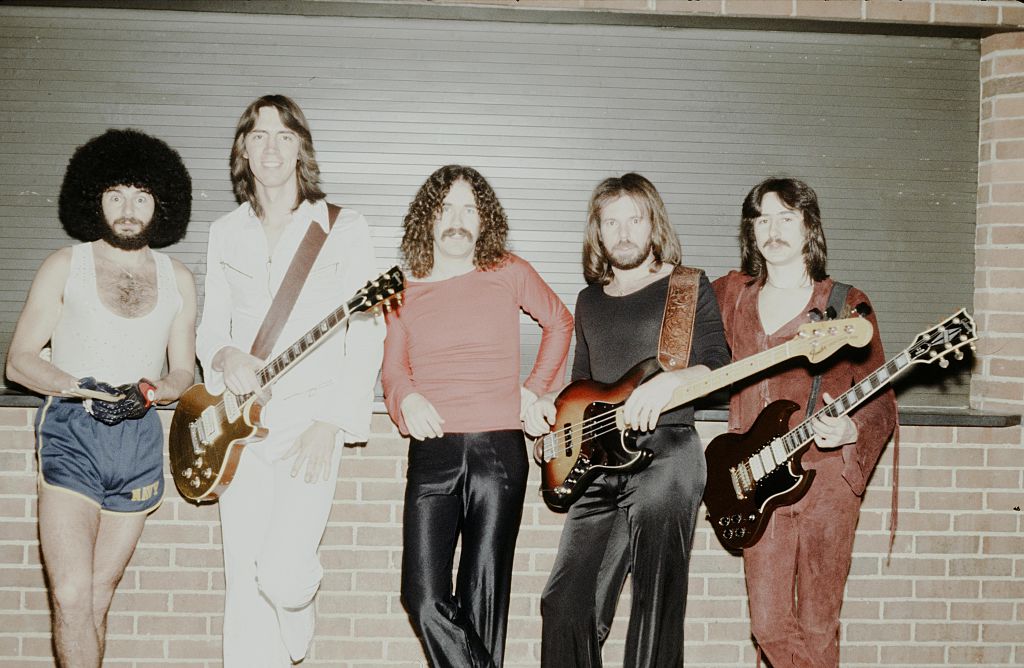 Koh Hasebe/Shinko Music, Getty Images
Koh Hasebe/Shinko Music, Getty Images
20. He Briefly Left The Band
As recording for Boston’s third album dragged on, tensions within the group finally boiled over. Before the album was finished, the band’s drummer, Sib Hashian, was replaced Jim Masdea. Then bassist Fran Sheehan followed suit.
Even Delp reportedly quit the band between 1981-82, though he would later return to continue their legacy. But by the time that Third Stage came out in 1986, things were not looking good for the group.
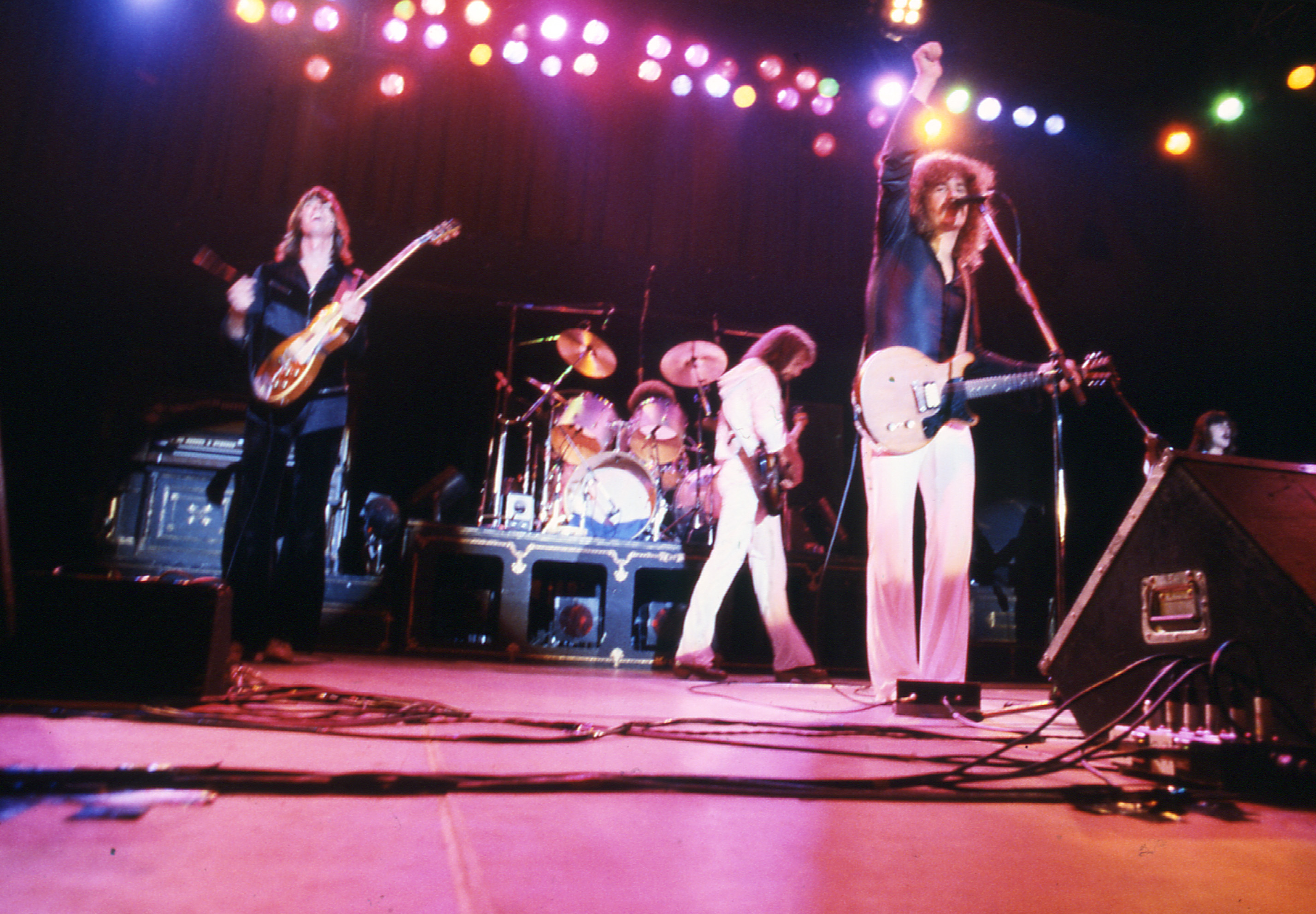 BSR Entertainment, Getty Images
BSR Entertainment, Getty Images
21. His Future With Boston Was Uncertain
By November 1989, Delp had started working on Boston’s fourth album—though it wasn’t clear who, exactly, Boston was anymore. The band’s new lineup included Scholz, Gary Pihl, David Sikes, and Doug Huffman. But clearly, the fly was still in the ointment.
A dispute over royalties between Scholz and other members of the band brought the recording screeching to a halt once more—and left Delp seeking other opportunities.
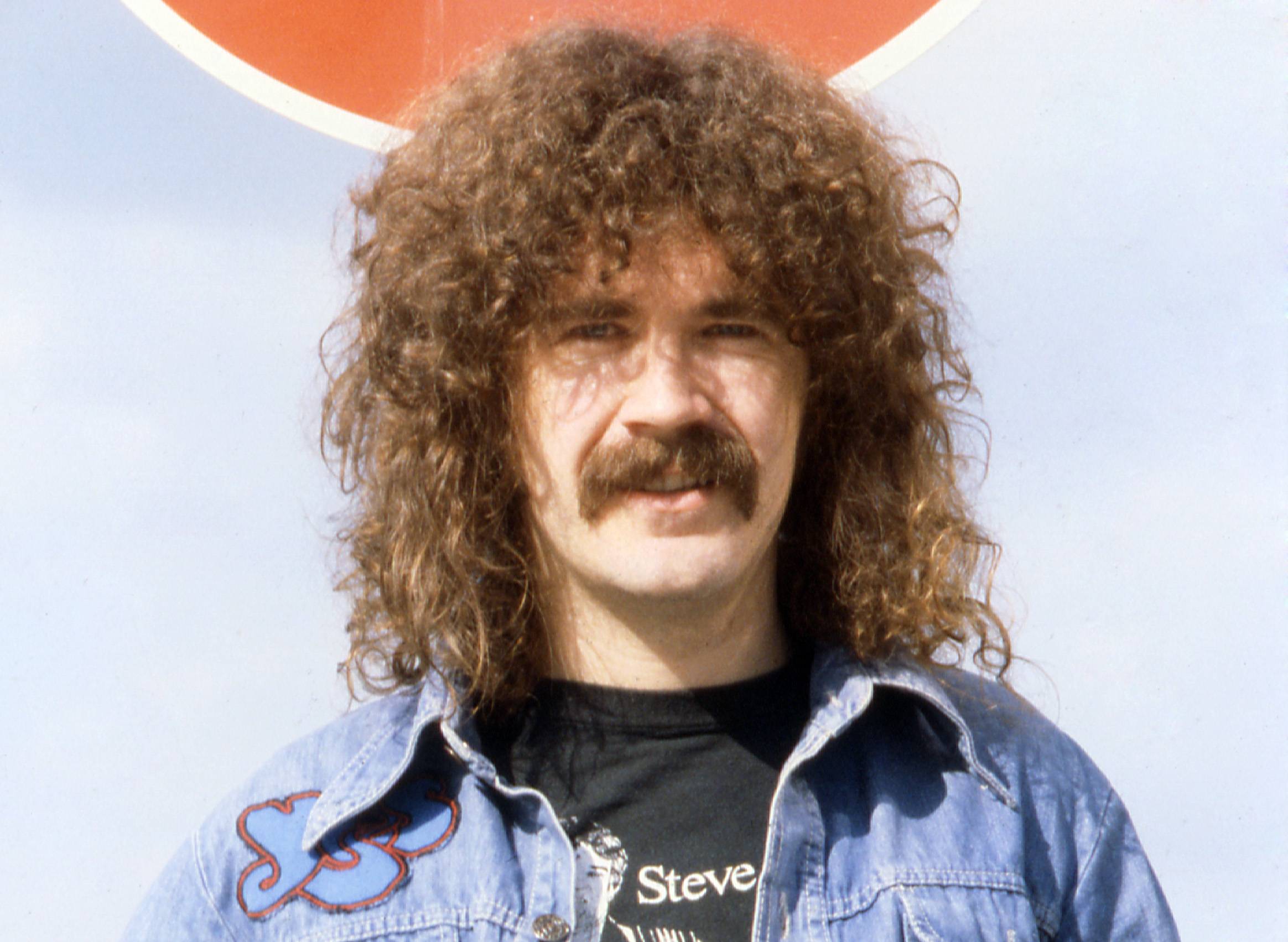 BSR Entertainment, Getty Images
BSR Entertainment, Getty Images
22. He Took A Step Back
With Scholz’s constant court battles over royalties tearing the band apart, Delp made an announcement that rocked the music world. The iconic lead vocalist officially declared that he would be taking a step back from Boston to focus on new projects. New projects with old friends.
23. He Formed A New Band
In 1991, Delp joined former Boston bandmate, Goudreau, to form a new band called RTZ. Then irony came knocking on his door when Scholz asked him to record the vocals for Boston’s fourth studio album, Walk On. But bygones, it would appear, were not yet bygones.
Delp gave Scholz the cold shoulder, saying that he was too busy with RTZ to record the album. Scholz, then, had no choice.
24. His Band Replaced Him—Briefly
With Delp unavailable, Scholz turned to Fran Cosmo to complete the vocals for Walk On. Released in 1994, it marked the first Boston album without Delp as the primary singer. But Delp was not so easily replaced. He rejoined Boston later that year, embarking on another successful tour with his old bandmates. It seemed like he could have the best of both worlds.
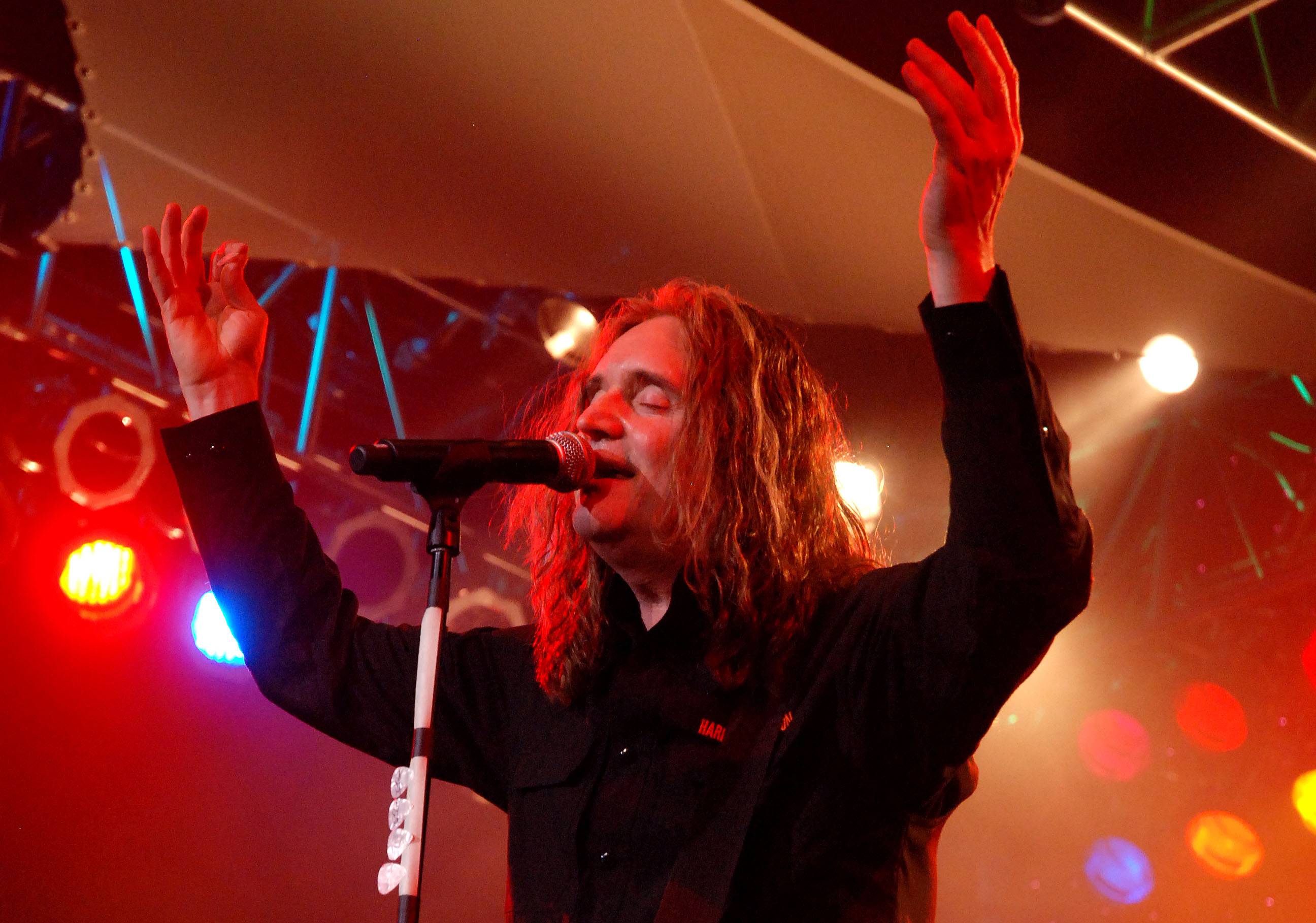 RjGarret, CC BY-SA 3.0, Wikimedia Commons
RjGarret, CC BY-SA 3.0, Wikimedia Commons
25. He Never Fully Left Boston
Despite his side projects, Delp remained a vital part of Boston’s legacy. He recorded new tracks for their 1997 Greatest Hits compilation and lent his vocals to the band’s 2002 album, Corporate America. But what he really craved was a band without the drama.
26. He Loved The Beatles
Tired of the drama that came with Boston, Delp pursued a passion project of his own: a tribute band. As a lifelong megafan of the Beatles, Delp put together the tribute band Beatlejuice, performing with them from the 1990s until his final days. And that wasn’t the only passion he pursued.
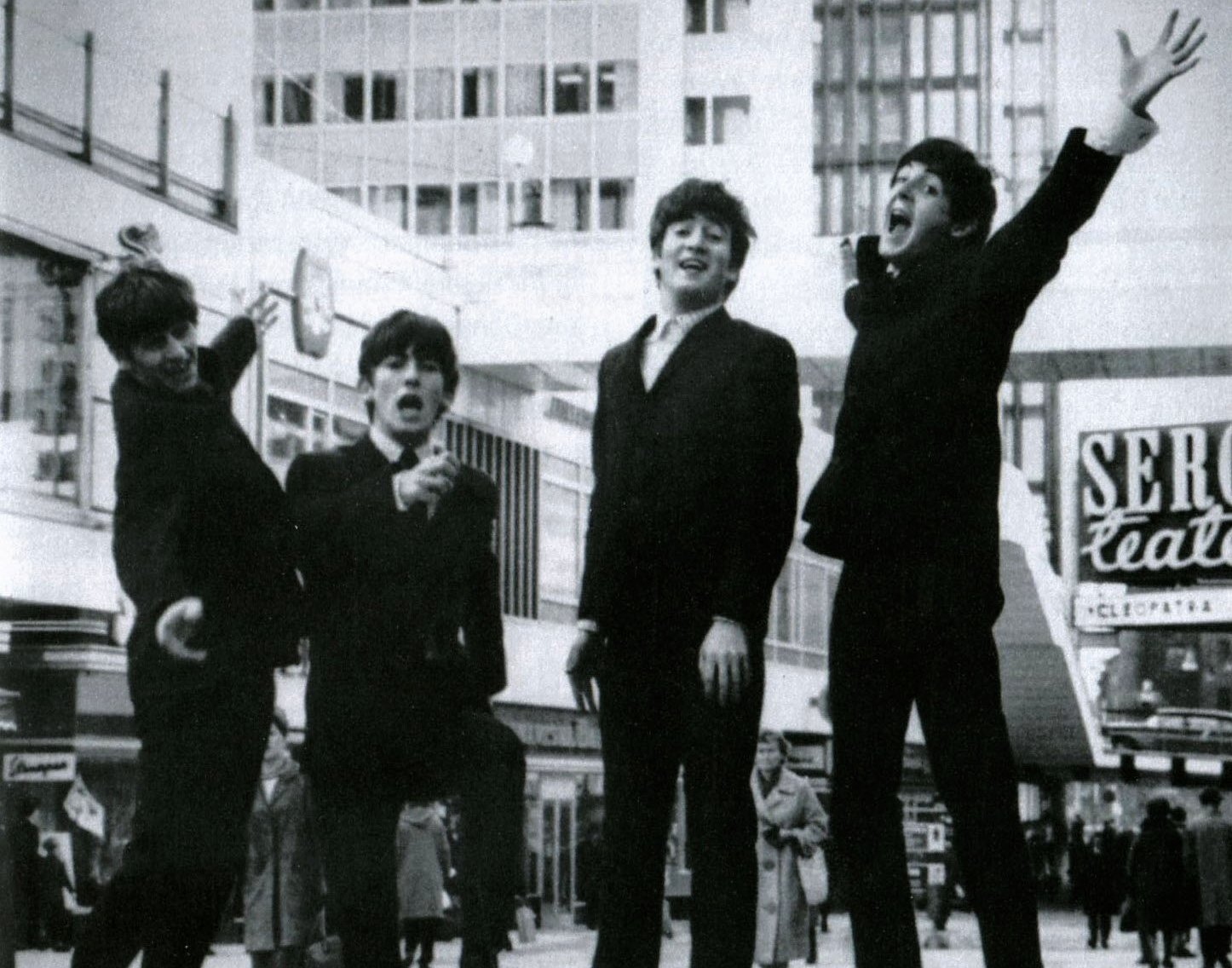 ingen uppgift, Wikimedia Commons
ingen uppgift, Wikimedia Commons
27. He Lived With Compassion
With all of the (figurative) carnage from the in-fighting of his bandmates, it’s little wonder that Delp was a dedicated vegetarian. The Boston frontman didn’t touch meat for over 40 years; a choice that reflected his deeply compassionate nature. But he was hiding a dark secret.
28. He Left Disturbing Clues
On March 9, 2007, Delp’s fiancée Pamela Sullivan called authorities after discovering a troubling scene in their garage. Someone had connected a dryer vent tube to Delp’s car exhaust pipe. Things only got scarier from there.
 Tony Webster, CC BY 2.0 , Wikimedia Commons
Tony Webster, CC BY 2.0 , Wikimedia Commons
29. He Left A Note On The Door
Once authorities arrived, they found a note taped to a door inside the garage, leading them into the house. The chilling message marked the beginning of a heartbreaking discovery, as authorities began to piece together the mystifying scene.
30. He Tried To Warn Others
In another note, this time taped to a door at the top of the stairs, Delp left a dire warning for anyone approaching: there was carbon monoxide inside. The chilling words gave the authorities a further hint as to the horror they were about to discover.
31. He Was Found In A Heartbreaking Scene
As the authorities reached the top of the stairs, they made a terrible discovery: Delp’s lifeless body in the master bathroom. The troubled singer had lit two charcoal grills and placed them in the bathtub, filling the room with smoke until he simply drifted off. At least, that’s what everyone assumed.
32. He Took His Own Life
Authorities concluded that, sometime between the night of March 8 and early afternoon on March 9, 2007, Delp took his own life. The official medical reports concluded that Delp had passed from carbon monoxide poisoning in his Atkinson, New Hampshire, home. But there was another potential cause of his demise.
 Vitalii Vodolazskyi, Shutterstock
Vitalii Vodolazskyi, Shutterstock
33. He Was A Lonely Man
To the outside world, Delp’s actions were inexplicable. But he left a clue as to his motivations. Clipped to the neck of his shirt, the frontman left a short but chilling message: “Mr. Brad Delp. J’ai une âme solitaire. I am a lonely soul”. The rest of the note was even more chilling—and revealing.
34. He Took Sole Responsibility
Delp’s final note expressed the depths of his despair: “I take complete and sole responsibility for my present situation. I have lost my desire to live”. He also left instructions for notifying his fiancée, Pamela Sullivan, who he said was unaware of his actions. He also revealed how determined he was to end it all.
35. He Had A Backup Plan
In yet another note, Delp explained his foolproof plan to end his own life. “To whoever finds this,” he wrote, “I have hopefully [ended my life]. Plan B was to asphyxiate myself in my car”. The chilling admission underscored the depth of Delp’s secret struggle and his determination to end his life.
What he left behind was equally heartbreaking.
36. He Wrote Private Farewells
In sorting through the scene, authorities found four sealed letters in Delp’s office. The deceased frontman had addressed the letters to Sullivan, his children, their mother Micki, and an undisclosed couple. Authorities claimed to have never read the letters, making Delp’s final goodbyes one of the many lingering mysteries.
In fact, it seemed only a few people really knew Delp at all.
37. He Had Struggled With Depression
Sullivan revealed to the authorities something that few, if any, knew about Delp. According to Sullivan, Delp had been “depressed for some time” and was often emotional and overly self-critical. But not even Sullivan could fathom the depths of his sadness.
38. He Had Planned A Summer Wedding
Despite his struggles, Delp had plans to marry Sullivan later that summer during a break in Boston’s tour. His decision to end his life left loved ones reeling, as it appeared to conflict with the hopeful future they had envisioned.
39. He Was The “Nicest Guy In Rock”
The day after Delp’s passing, Boston’s website went dark, replaced with a simple tribute that read: “We’ve just lost the nicest guy in rock and roll”. The heartfelt message reflected the love and respect Delp had earned from his bandmates—even if they bickered constantly.
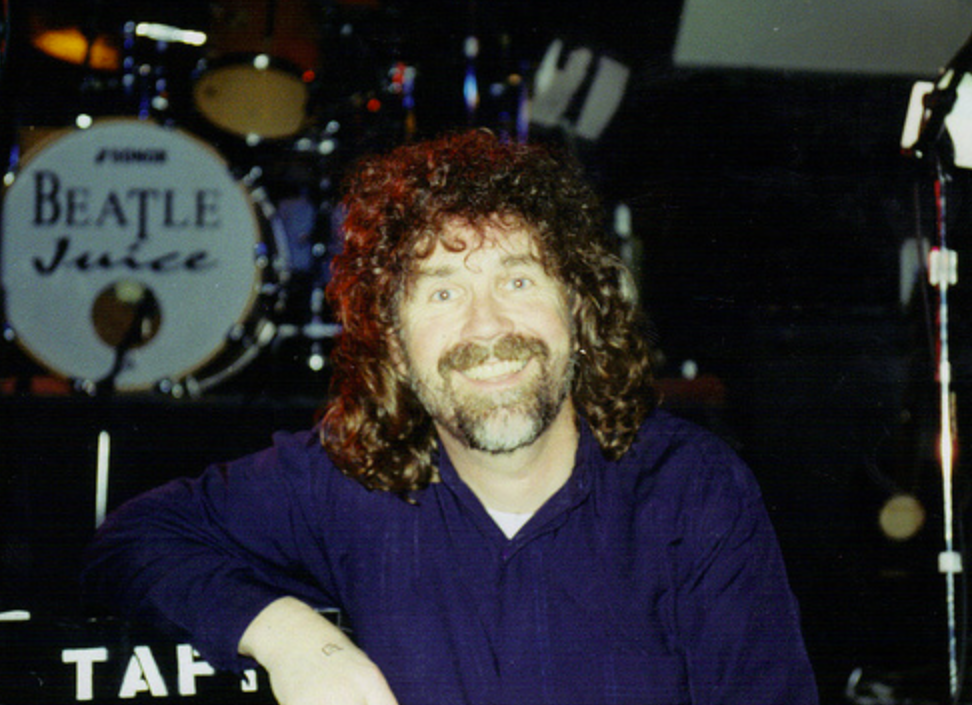 Craig Michaud, CC BY 3.0, Wikimedia Commons
Craig Michaud, CC BY 3.0, Wikimedia Commons
40. He Had A Tribute Concert
On August 19, 2007, the music world came together to honor Delp with a tribute concert, “Come Together: A Tribute to Brad Delp”. Held at the Bank of America Pavilion in Boston, it celebrated the life and legacy of a beloved rock icon. But it didn’t take long for his family and bandmates to begin bickering over his legacy.
 Matt Becker, CC BY 3.0, Wikimedia Commons
Matt Becker, CC BY 3.0, Wikimedia Commons
41. His Bandmate Took The Fall
With all of the in-fighting in Boston’s history, it didn’t take long for the media to start pointing fingers in Delp’s demise. The Boston Herald, for example, printed a story that suggested that Scholz was responsible for driving Delp to take his own life. In response, Scholz took the paper to court. What ensued was a rock and roll rumble.
 Matt Becker, CC BY 3.0, Wikimedia Commons
Matt Becker, CC BY 3.0, Wikimedia Commons
42. His Passing Sparked A Controversy
In his case, Scholz claimed that the Boston Herald had falsely implied that his actions and leadership style contributed to Delp’s depression and ultimate downfall.
While the allegations were scandalous, the evidence was even more tabloid-worthy.
43. His Secrets Began To Leak Out
As the court battle between Scholz and the Boston Herald raged on, documents slowly began leaking out to the public. The previously secret documents uncovered a messier and far more shocking set of revelations, painting a dramatic and heart-wrenching picture of Delp’s personal and professional struggles.
44. He Never Liked His Bandmates
According to testimony from former bandmate David Sikes, Delp had a tense relationship with Scholz. While that, in and of itself, was no big revelation, the depth of the animosity between the two was news to Boston fans. Sikes claimed Delp “didn’t like Tom and didn’t trust Tom”. And it sounds Delp had good reason.
45. His Bandmates Took Advantage Of Him
While Boston fans knew about Scholz’s many battles over royalties with his bandmates and managers, they had always assumed that Delp had simply turned the other cheek. But, in his testimony, Sikes further revealed that Delp believed Scholz had taken advantage of him financially.
But there was a good reason why Delp never fought back against Scholz.
46. He Struggled With Fear And Helplessness
Delp’s friend Joy Baker added to Sikes’ testimony, claiming that Delp felt paralyzed by fear and a lack of agency in his life, explaining why he never fought Scholz over royalties. She said, “Brad just could not stand one more minute of feeling like he could not stand up for himself or do the right thing”.
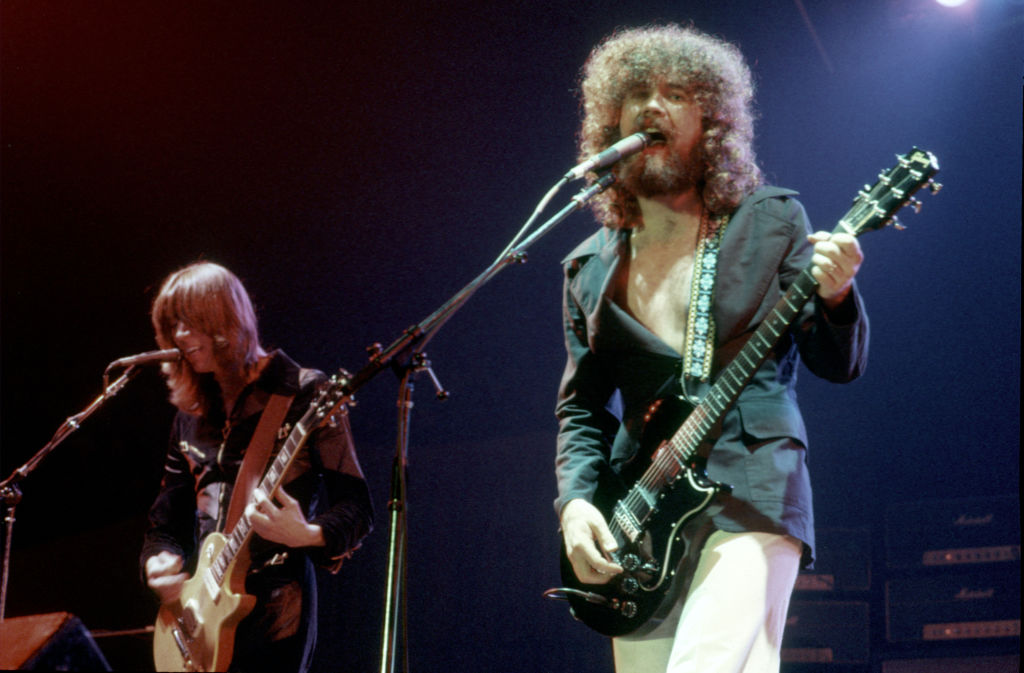 Michael Ochs Archives, Getty Images
Michael Ochs Archives, Getty Images
47. He Avoided Confrontation
Baker also described Delp as someone who ran from conflict, saying, “I think he was just beaten down by the years of dealing with Tom Scholz”. Her testimony painted a picture of a man overwhelmed by years of personal and professional pressure. However, Scholz had some shocking testimony of his own.
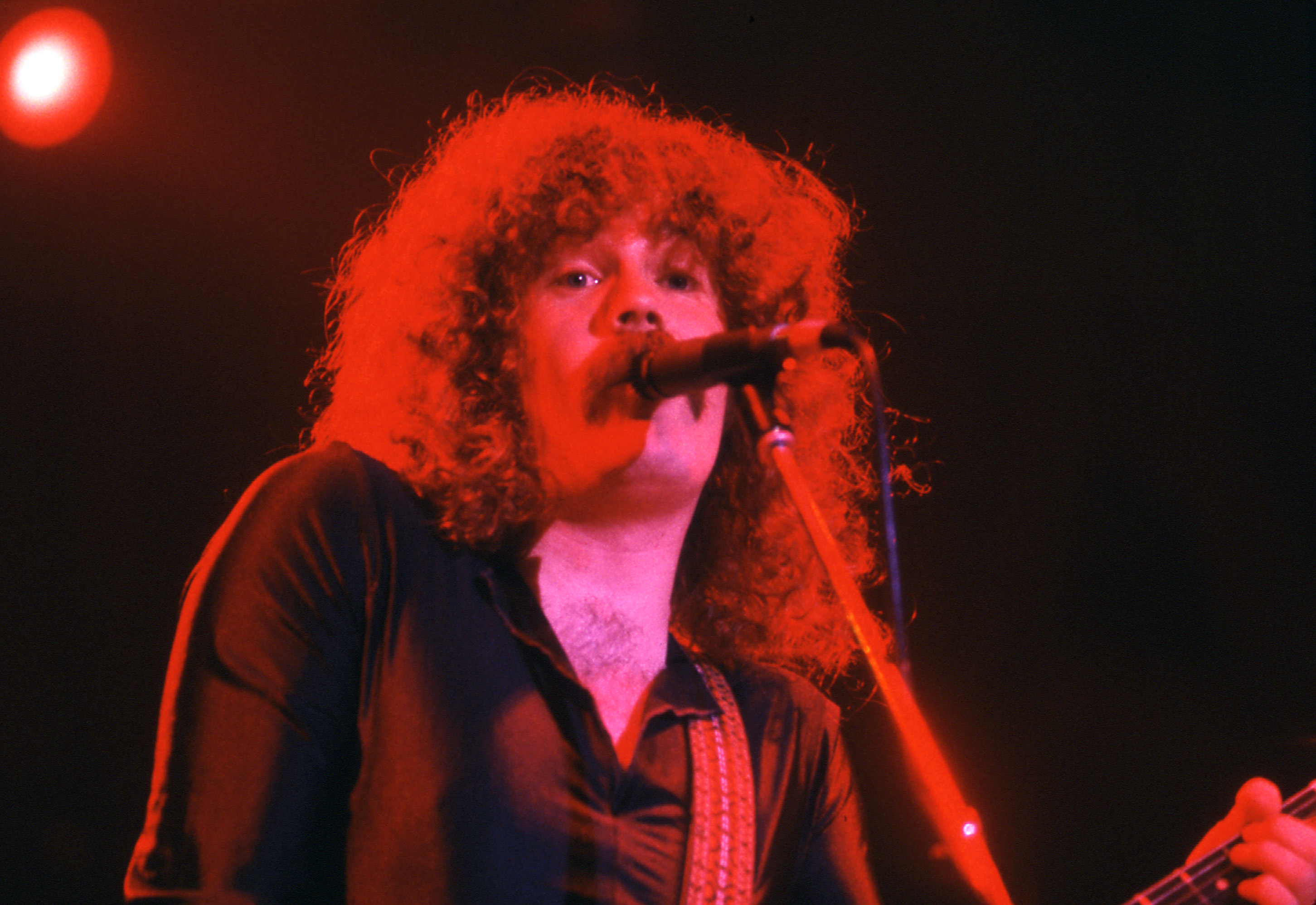 BSR Entertainment, Getty Images
BSR Entertainment, Getty Images
48. He Was Hiding Something Embarrassing
Scholz flatly denied the allegations that his relationship with Delp contributed to his downfall. Instead, he pointed to a different cause. Scholz referenced “an extremely upsetting and embarrassing incident” involving Delp and a close friend, which he claimed was the true trigger for Delp’s tragic decision.
 Michael Borkson, CC BY-SA 2.0, Wikimedia Commons
Michael Borkson, CC BY-SA 2.0, Wikimedia Commons
49. He Had A Complicated Living Arrangement
At the time of his passing, Delp had been engaged to Pamela Sullivan. But, curiously, he had been living with Sullivan’s sister, Meg, for over two years. While most assumed that Delp and Meg were just friends, a shocking revelation soon cast doubt on the nature of their relationship.
And on Delp’s character.
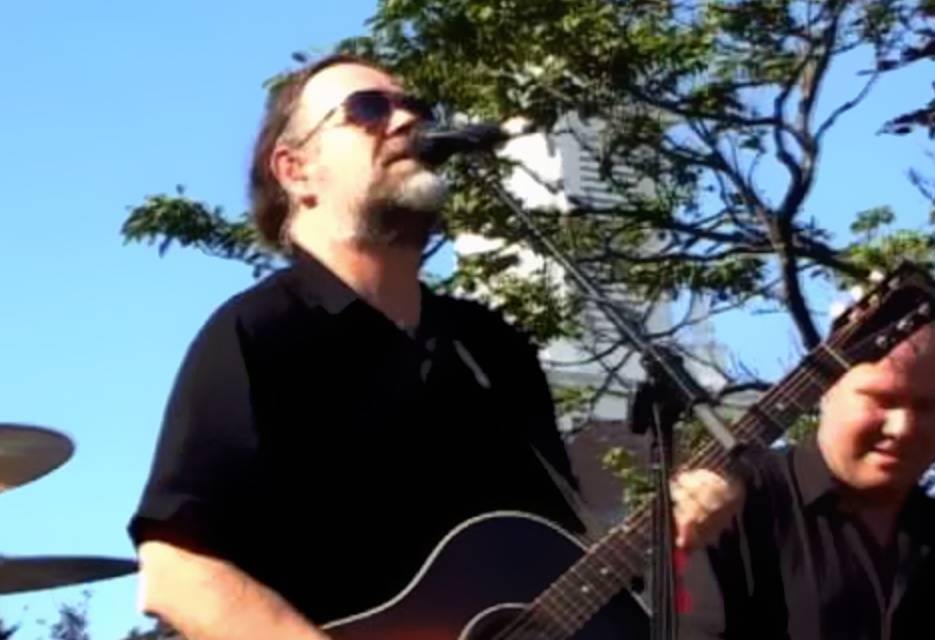 Non-Corporate News, CC BY 3.0, Wikimedia Commons
Non-Corporate News, CC BY 3.0, Wikimedia Commons
50. He Spied On His Roommate
Meg Sullivan described Delp as her “best friend,” which made the discovery she was about to make all the more devastating. Hidden in her bedroom, Meg found a battery-operated camera—one that, shockingly, Delp later admitted to planting. The incident became a troubling—and revealing—chapter in Delp’s final days.
51. He Was Full Of Remorse
Meg Sullivan and her boyfriend, Todd Winmill, confronted Delp after discovering the hidden camera. Emails revealed that Delp was deeply apologetic and remorseful, expressing his regret for crossing a line with someone he considered a close friend. His self-critical nature was on full display.
52. He Admitted His Guilt
In one of the emails between Delp, Meg, and Winmill, Delp wrote, “I feel sick about this, and deservedly so…I want to try and make you understand that I consider myself a decent person who made a dreadful error in judgment”. His remorse was clear, but the damage had already been done.
53. He Struggled To Explain His Actions
Delp tried to rationalize his behavior, admitting, “I acted out of some impulse that is still not completely fathomable to me”. While his words reflected his confusion and inner turmoil, he also made another revelation that cast doubt on someone else in his life.
54. He Was Reeling From Personal Pain
In the emails, Delp revealed that his fiancée, Pamela Sullivan, had had an affair the previous summer that had left him emotionally devastated. The incident contributed to his fragile mental state and may have influenced his uncharacteristic actions during that tumultuous period.
55. He Blamed Emotional Turmoil
In the same email, Delp added, “Maybe the emotional roller coaster that I was on…has in some way something to do with what possessed me to do such an irrational and out of character thing”. Mercifully, Meg and Winmill gave Delp a path towards redemption.
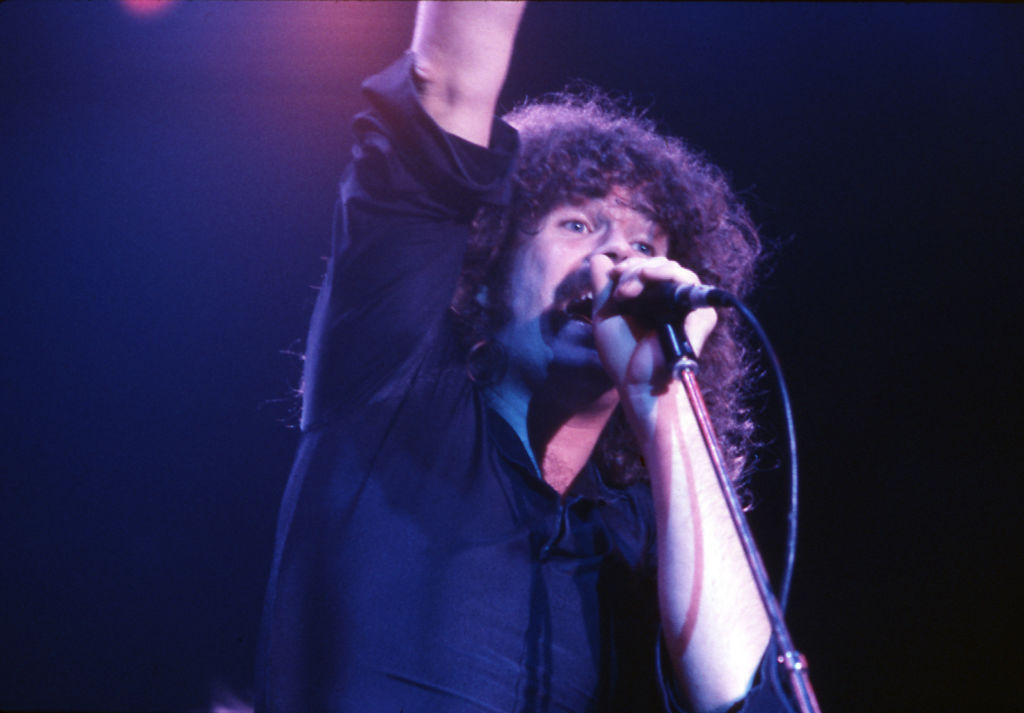 BSR Entertainment, Getty Images
BSR Entertainment, Getty Images
56. He Could Have Come Clean
Up until the court case, Delp’s fiancée, Sullivan, was unaware of the camera incident. Winmill encouraged Delp to tell her, writing, “It is because of [Meg’s] regard for you that she has given you this opportunity to tell Pam yourself”. With that ultimatum on his doorstep, it looks like Delp made his final decision.
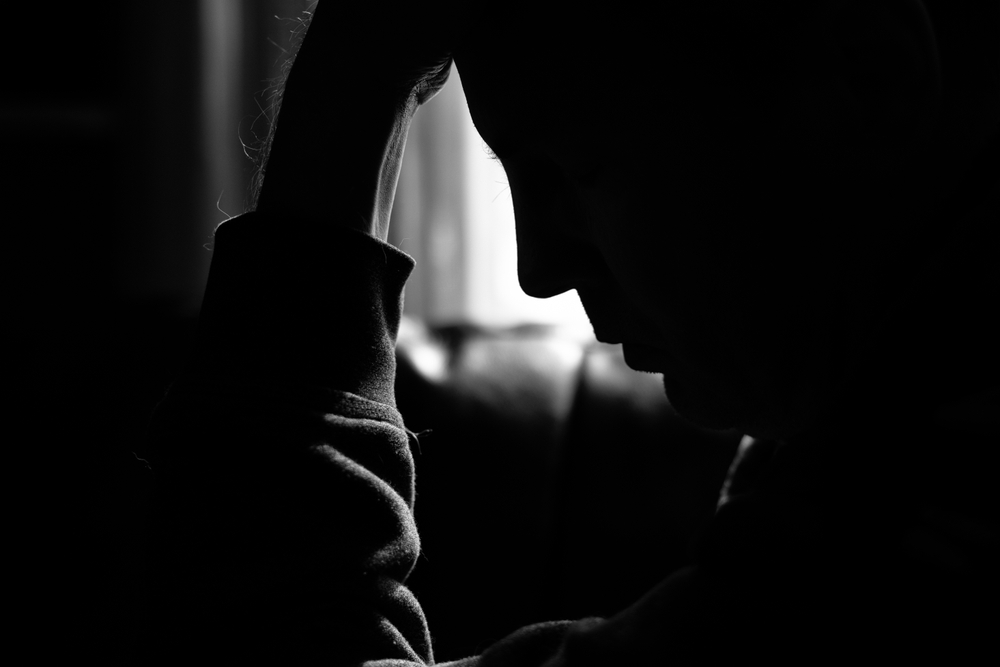 Christopher O'Donnell, Shutterstock
Christopher O'Donnell, Shutterstock
57. He Took His Guilt To His Grave
Delp promised to tell Sullivan what he had done, asking Meg and Winmill for a few days to gather himself. However, during that time, Delp purchased the charcoal grills he used to end his life, taking his guilt with him to his grave.
58. His Bandmate Pointed The Finger At Someone Else
Scholz maintained that Delp’s demise stemmed from the camera incident and the resulting shame, not their strained relationship. While tensions between them were real, Scholz believed this personal scandal had been the tipping point. And, it seems like he was right.
59. He Came Clean At Last
In his farewell letters, Delp took full responsibility for his actions and apologized to Meg and Winmill, insisting they were not to blame for his fatal decision. “I have had bouts of depression and thoughts of [ending it all] since I was a teenager,” he confessed. And he had kind words for others.
60. He Had One Ray Of Sunshine
Delp’s final words to his fiancée, Sullivan, were equally touching and tragic. “[Pamela] was my ‘ray of sunshine,’ but,” he wrote in his letter, “sometimes even a ray of sunshine is no substitute for a good psychiatrist”.
Sadly, his family wouldn’t have much to remember him by.
61. He Left His Family With Little
Even after Delp’s tragic passing, life didn’t get any easier for his family. The former Boston frontman’s ex-wife and children found themselves embroiled in yet another court battle over his estate, adding further heartbreak to an already devastating loss.
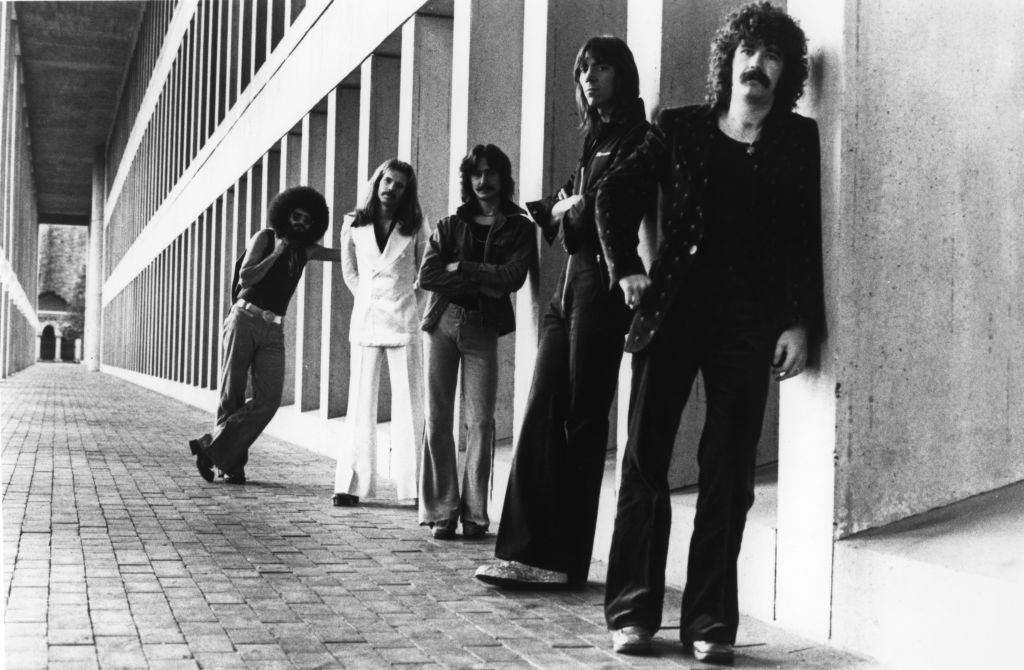 Ron Pownall Photography, Getty Images
Ron Pownall Photography, Getty Images
62. His Family Prepared For A Fight
As fans prepared for a star-studded concert celebrating Delp’s life, his family became locked in a dispute over his assets. The fight to protect Delp’s legacy cast a shadow over the upcoming event honoring the beloved rocker.
63. His Will Shocked His Ex-Wife
Micki Delp, Brad’s ex-wife and the mother of his children, was stunned to learn what the deceased frontman had done with his assets. As per his will, Delp’s Atkinson, New Hampshire home went to a former girlfriend, Patricia Komor. The revelation left Micki and her family reeling as they sought to make sense of the decision.
His odd will made for a curious allegiance.
64. His Fiancée And Ex-Wife Teamed Up
At the time of Delp’s passing, Sullivan had been living in the house with him and her sister. So, when the house went to Komor, Sullivan and Micki put their differences aside and joined forces to challenge Komor’s claim on the property. Their case was pretty strong.
 John Phelan, CC BY-SA 3.0, Wikimedia Commons
John Phelan, CC BY-SA 3.0, Wikimedia Commons
65. He Had Promised Everything To His Kids
“My understanding always has been that the kids would get everything,” Micki said, expressing her frustration. She believed that after Sullivan moved out, the estate would sell the house and divide the proceeds amongst Delp’s children. Sadly, it wouldn’t be that easy.
66. His Former Partner Refused To Leave
When journalists reached out to Komor for comment, she declined to discuss the matter. “I can’t respond because this is a matter that’s supposed to be private,” Komor stated. Her cagey response left the dispute unresolved and the family in turmoil. At least his musical legacy was still intact.
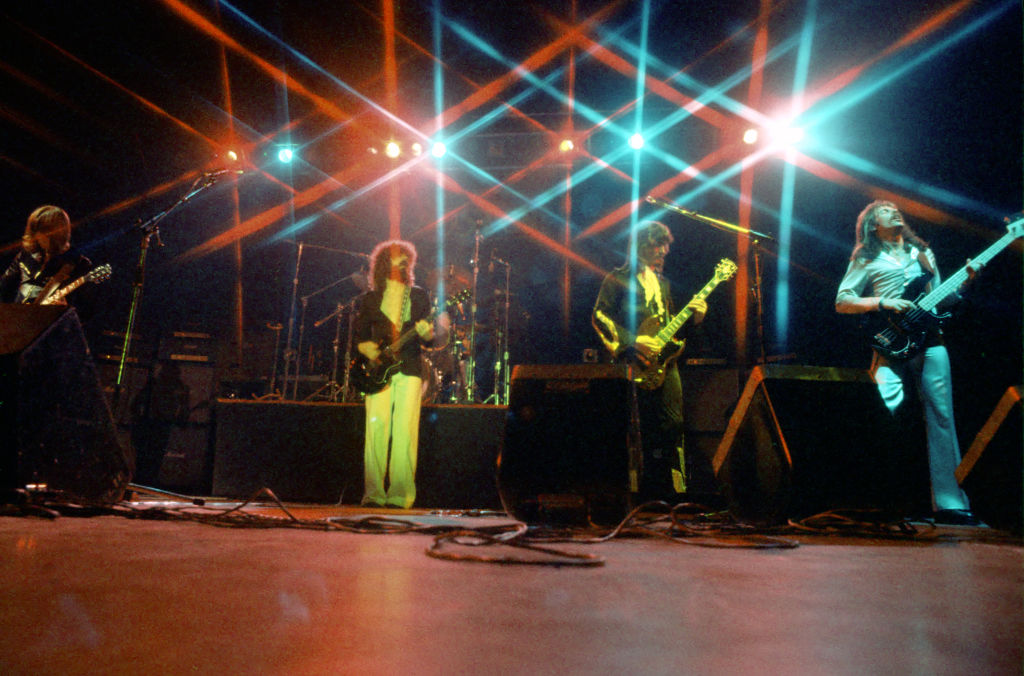 Michael Ochs Archives, Getty Images
Michael Ochs Archives, Getty Images
67. His Voice Lives On
Several months after Delp’s passing, Barry Goudreau released “Rockin’ Away”, a track that he co-wrote and recorded with Delp in mid-2006. Featuring Delp’s iconic vocals, the song served as an autobiography of his musical journey, ensuring that his fans would inherit his legacy.


